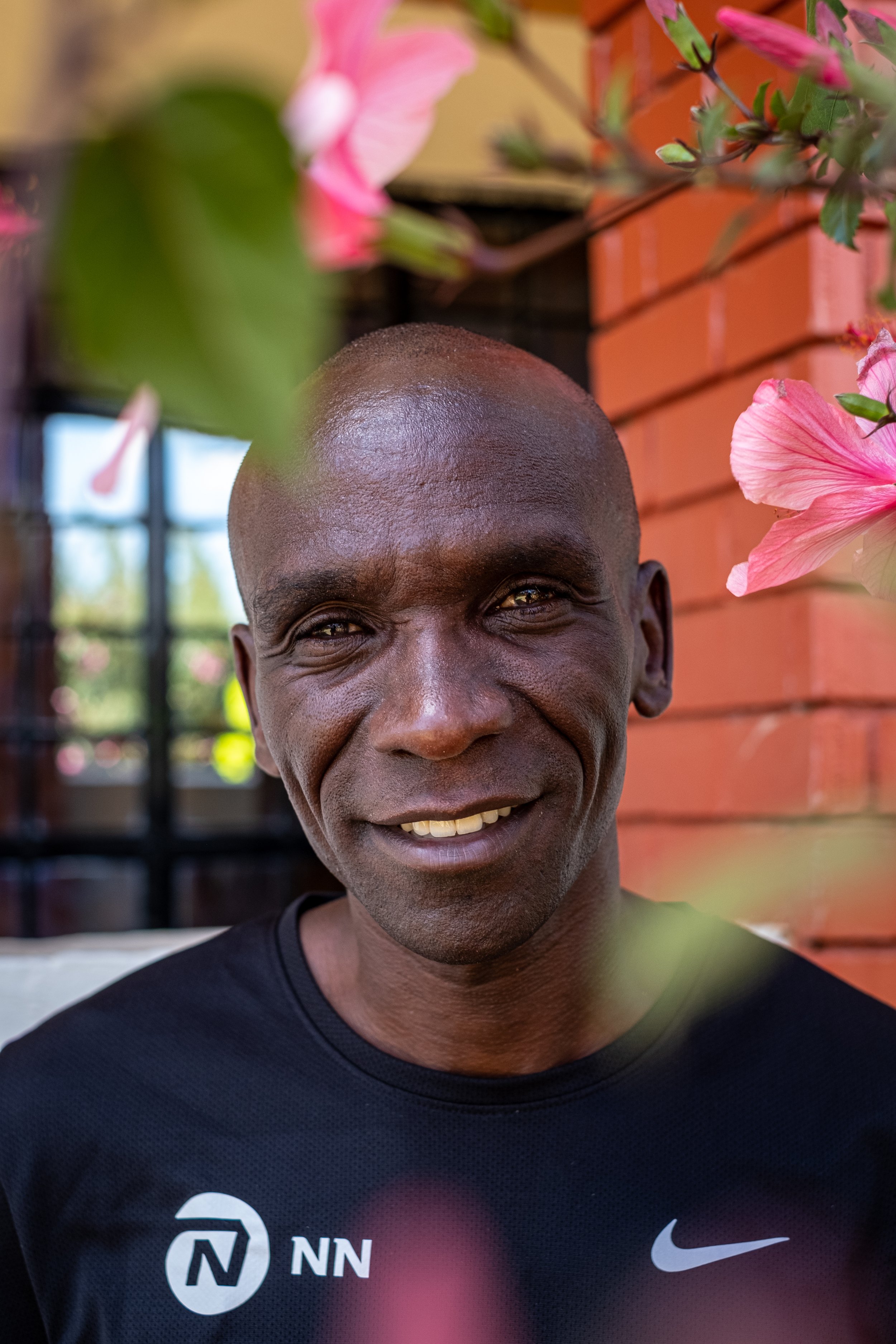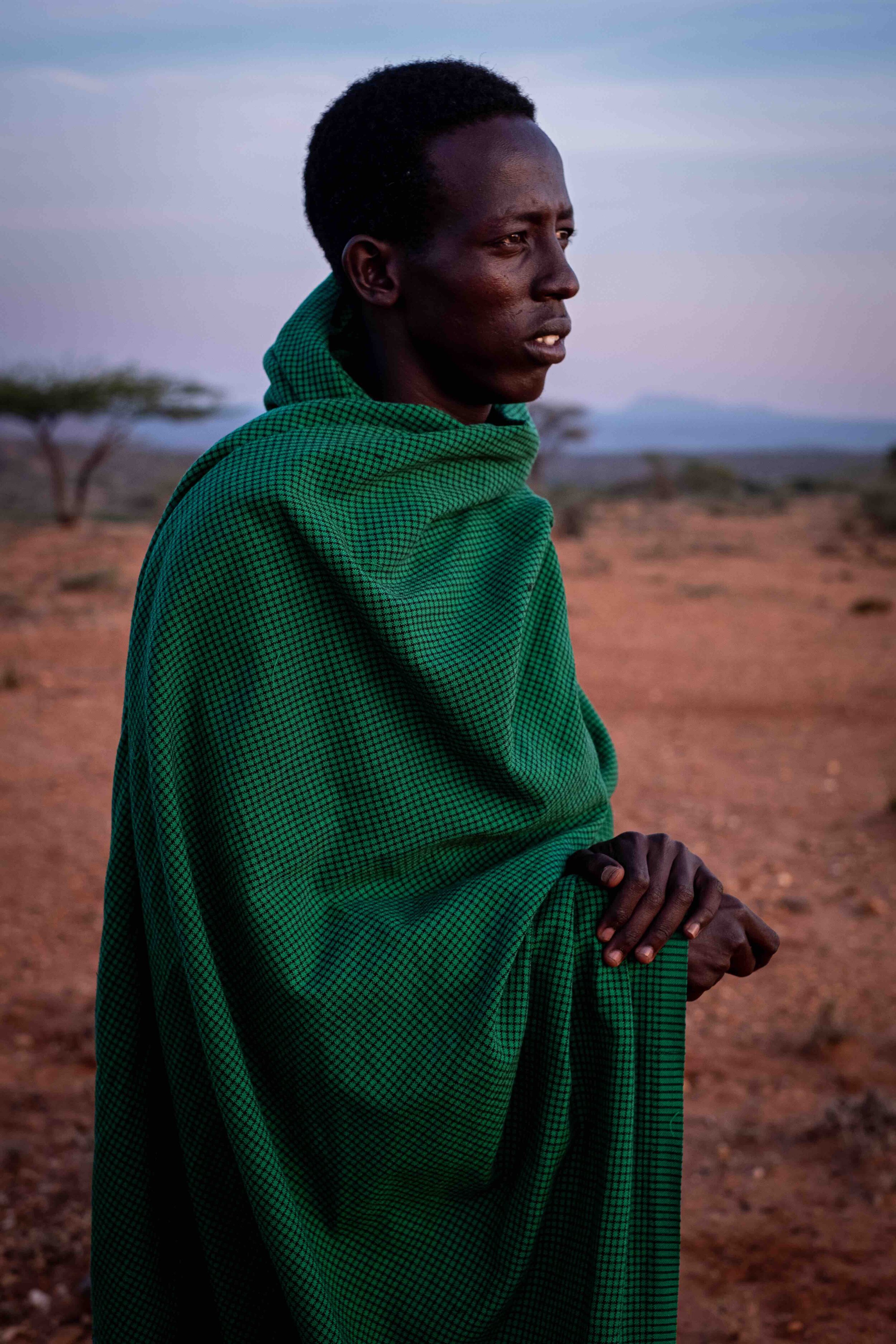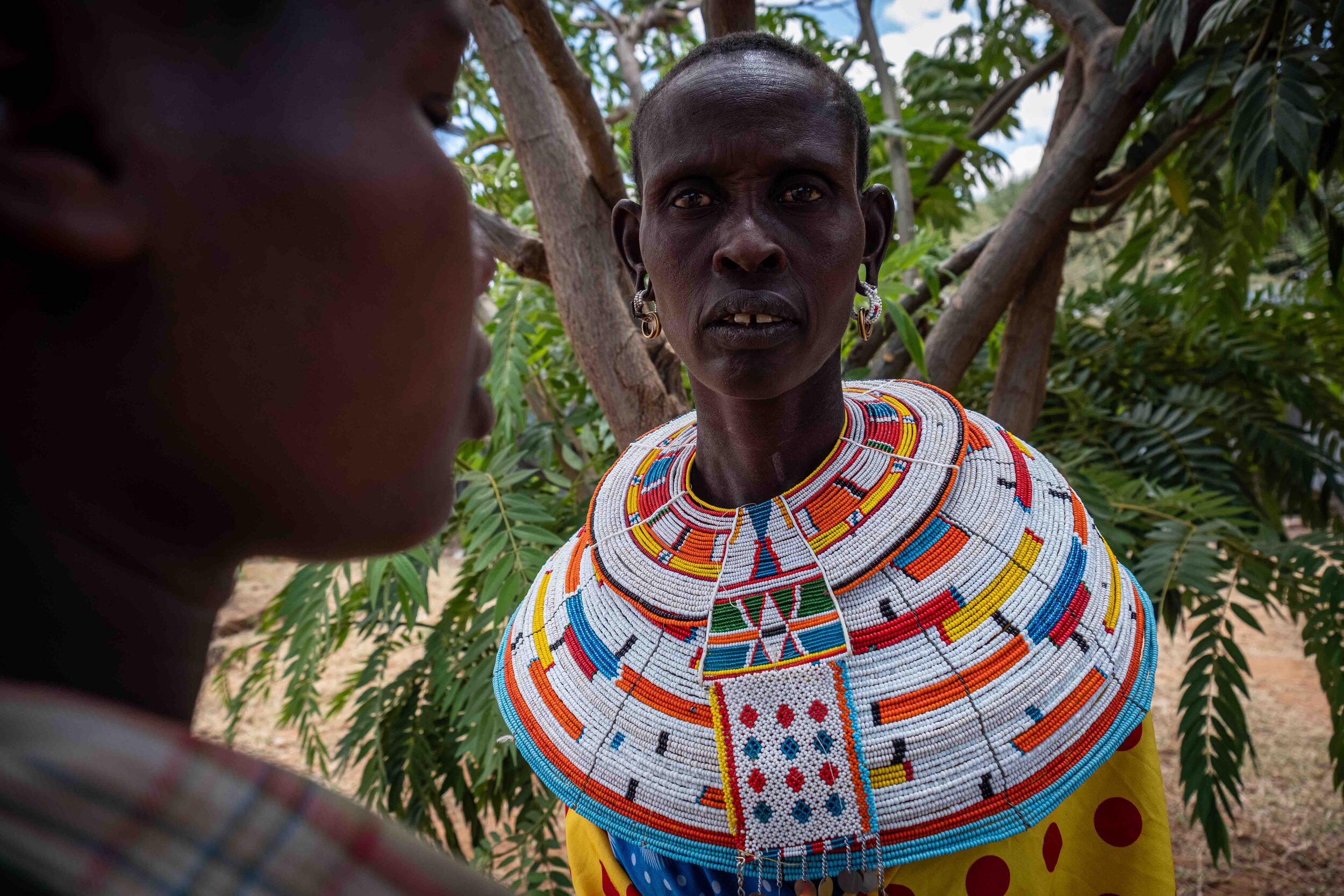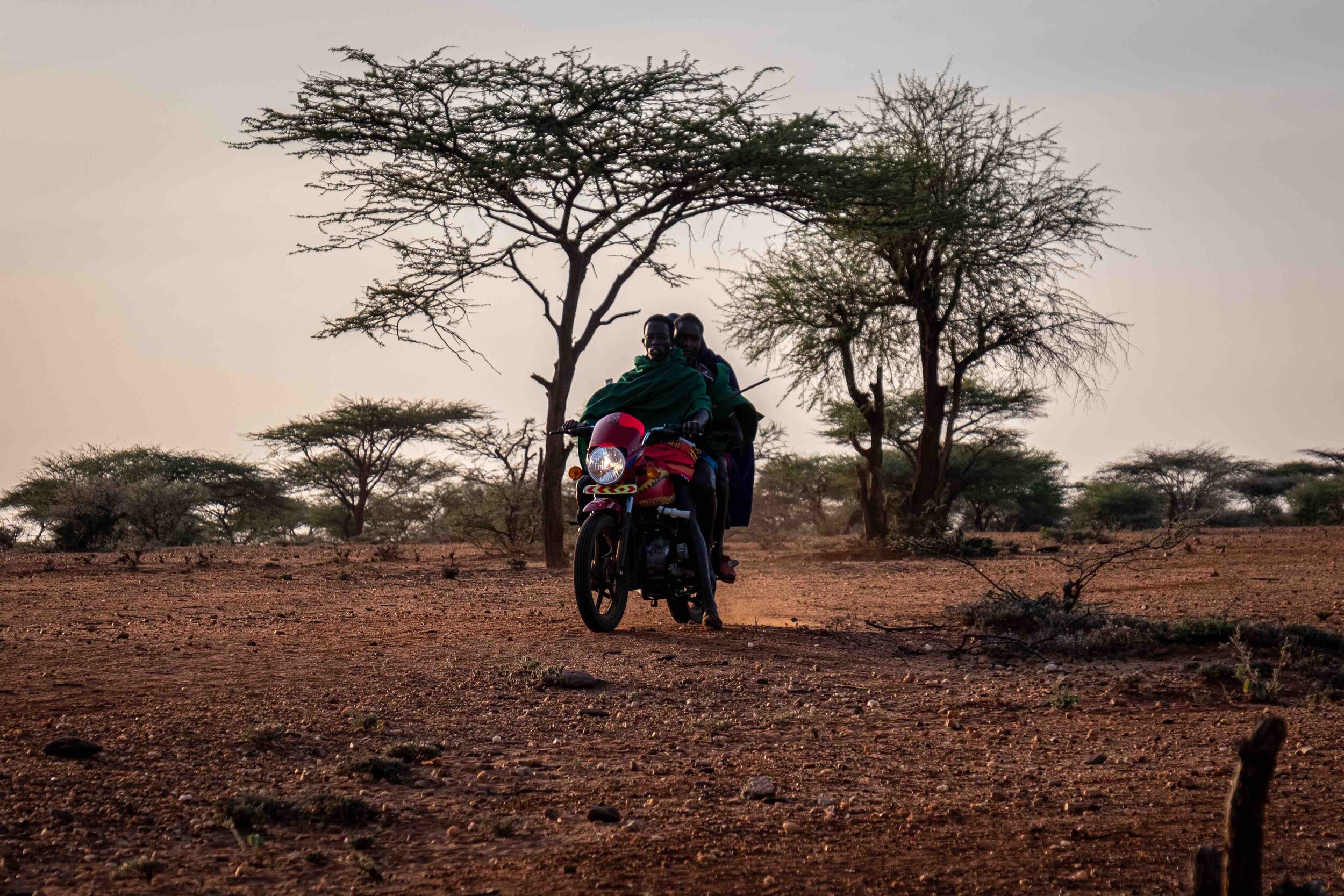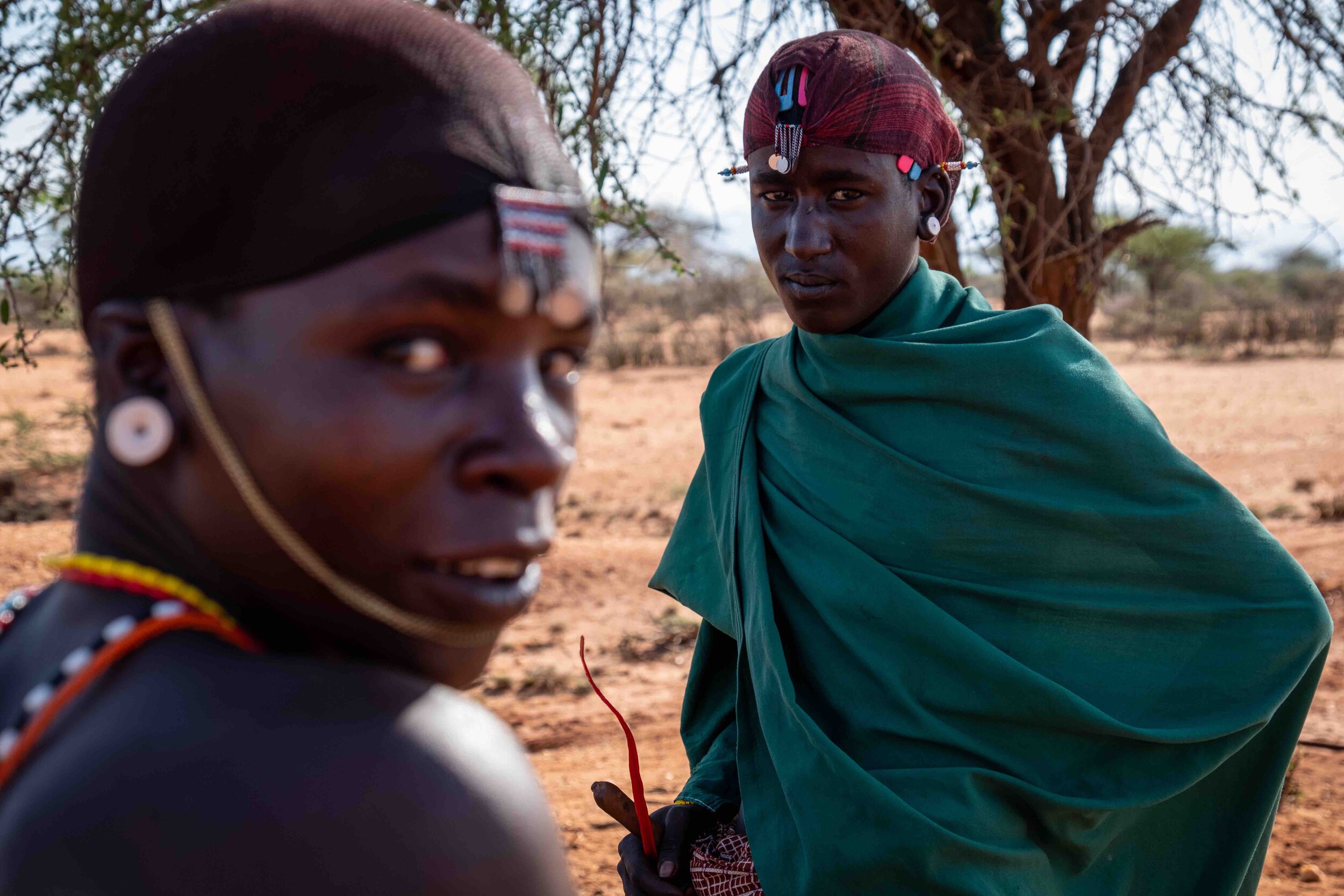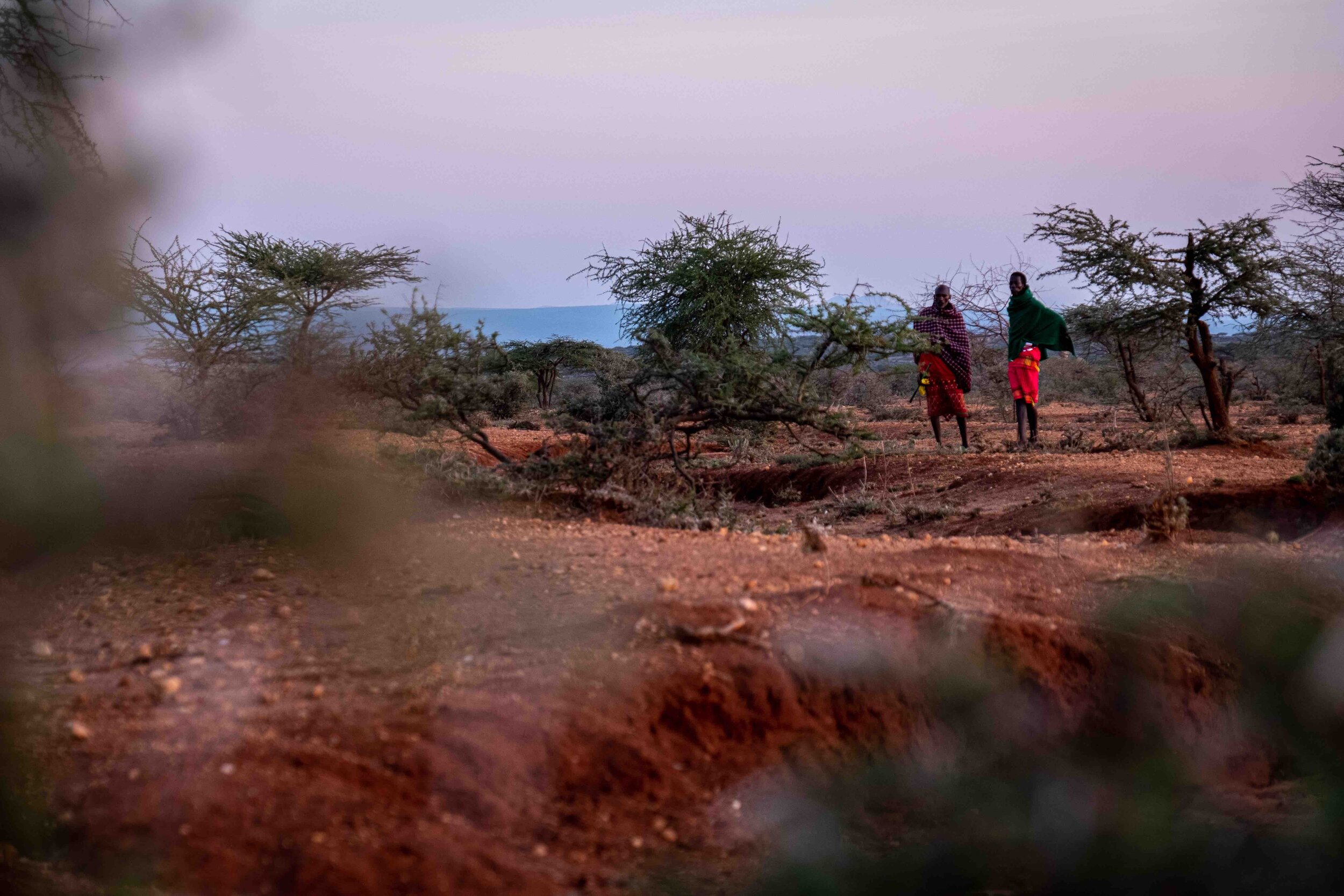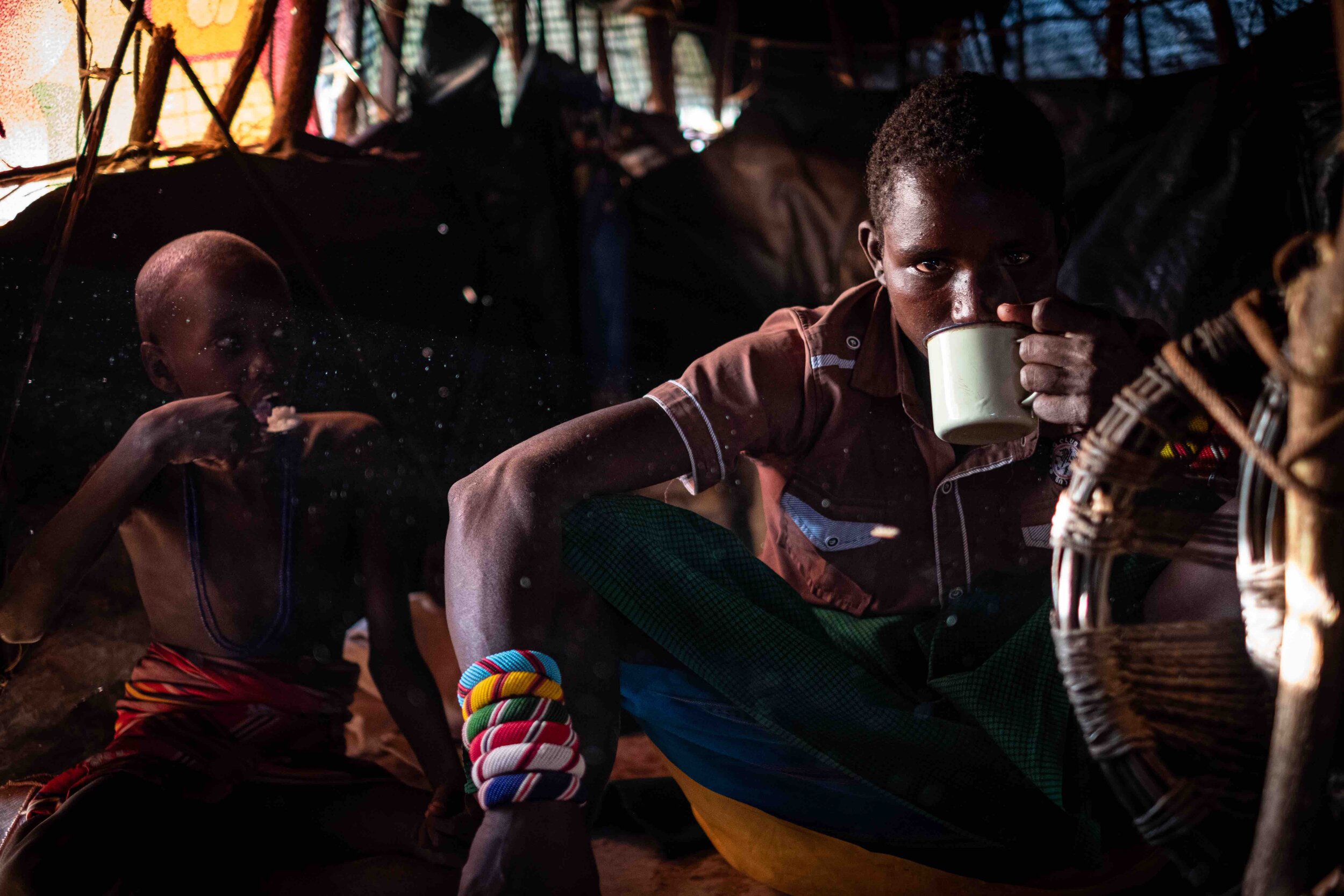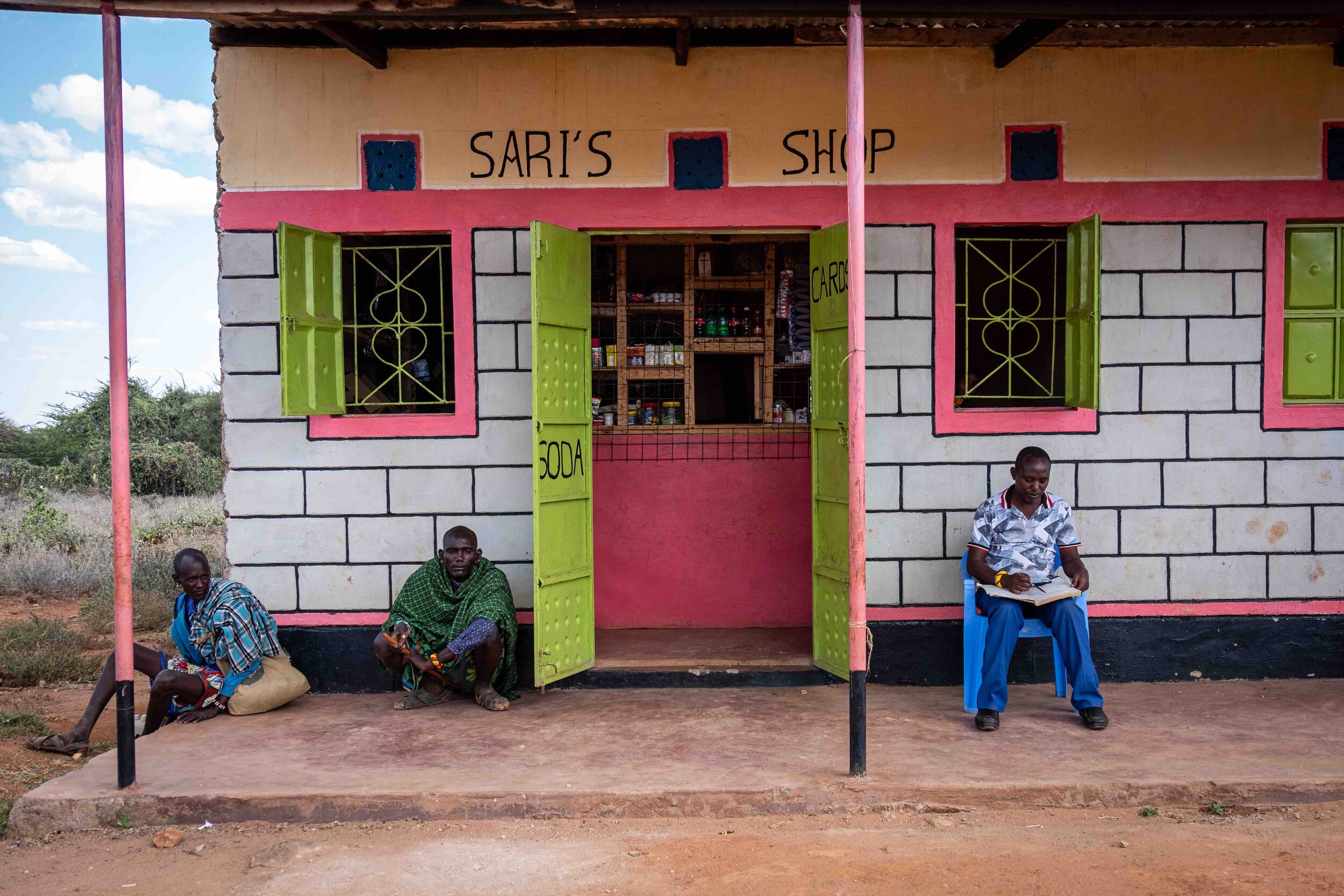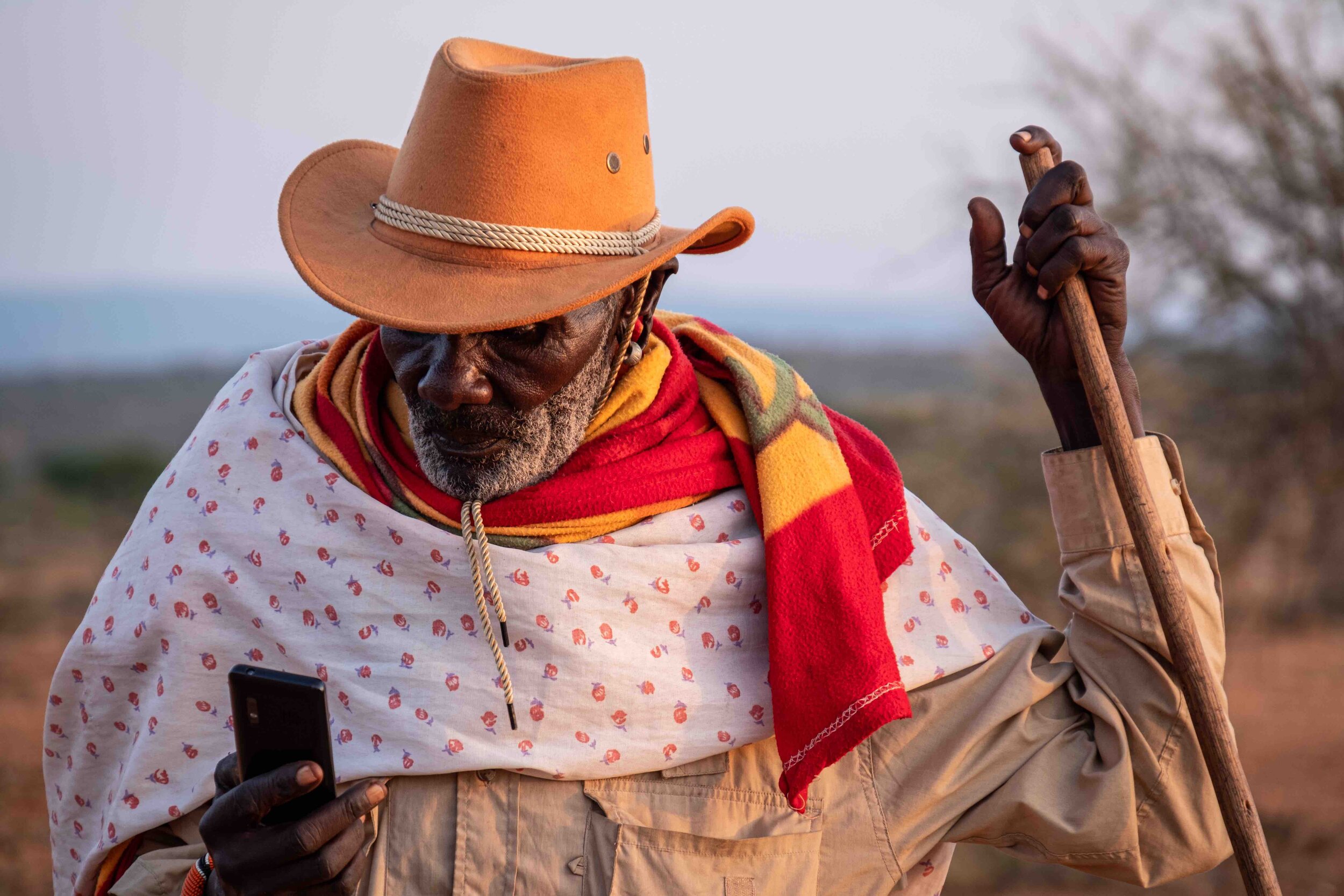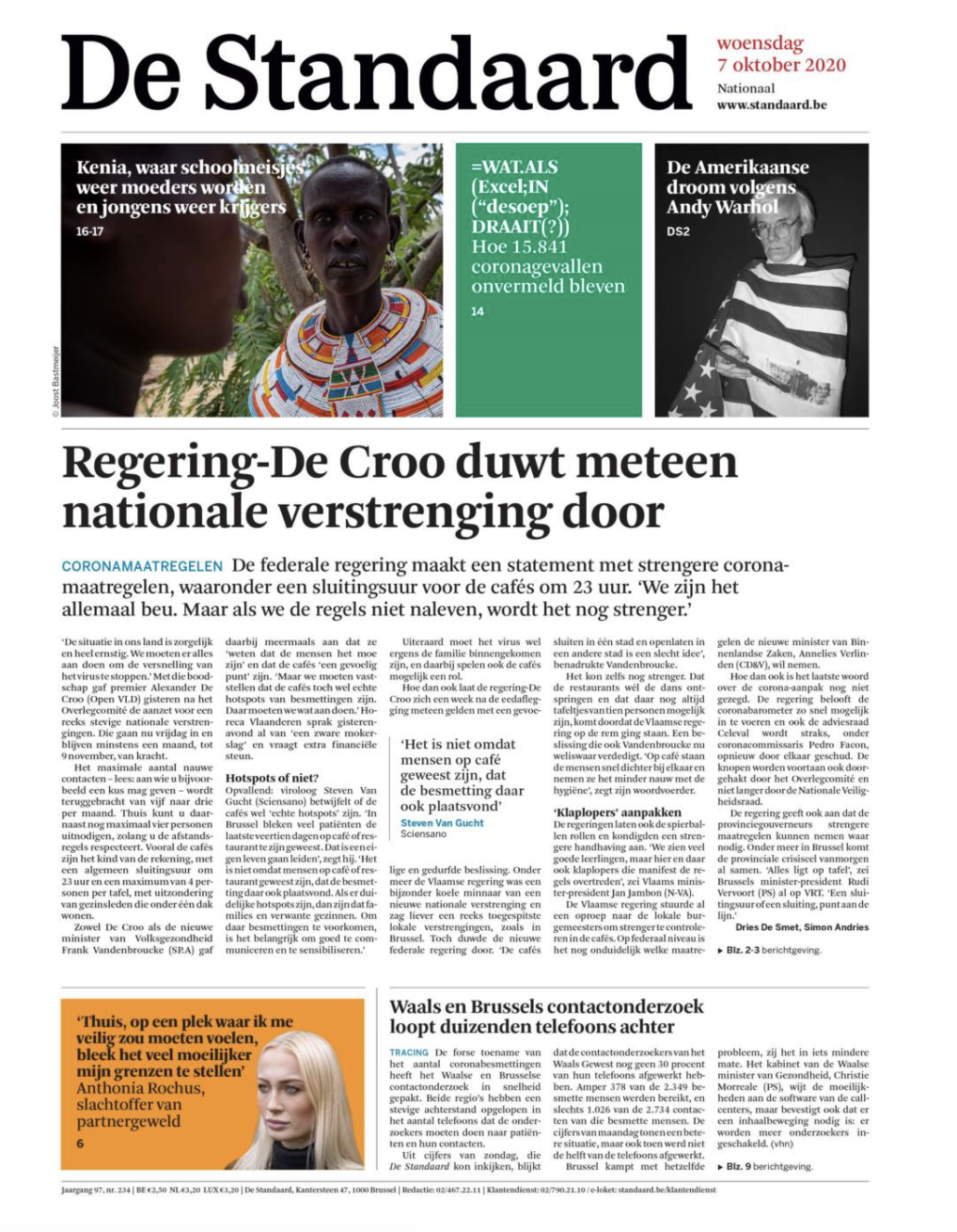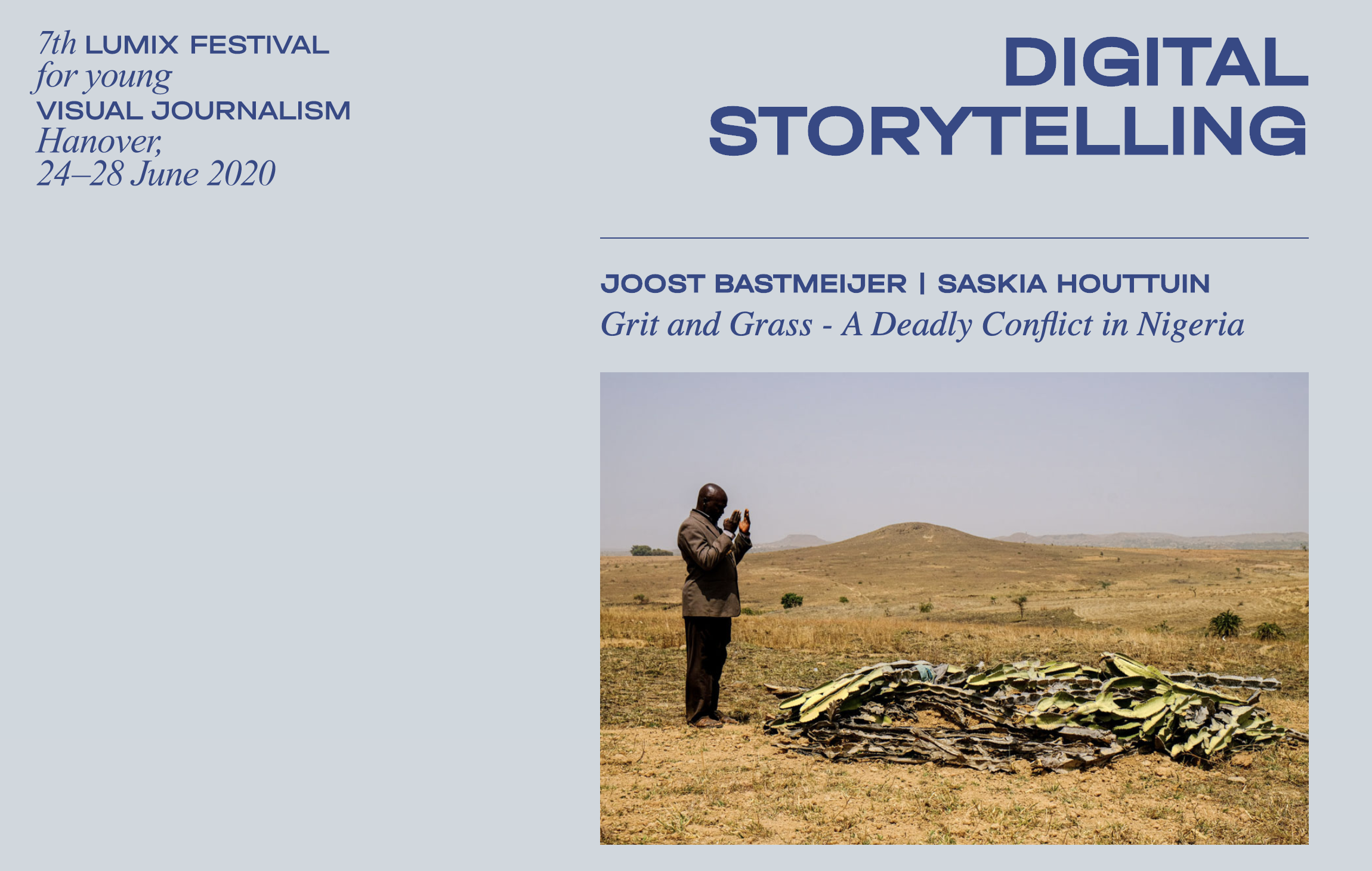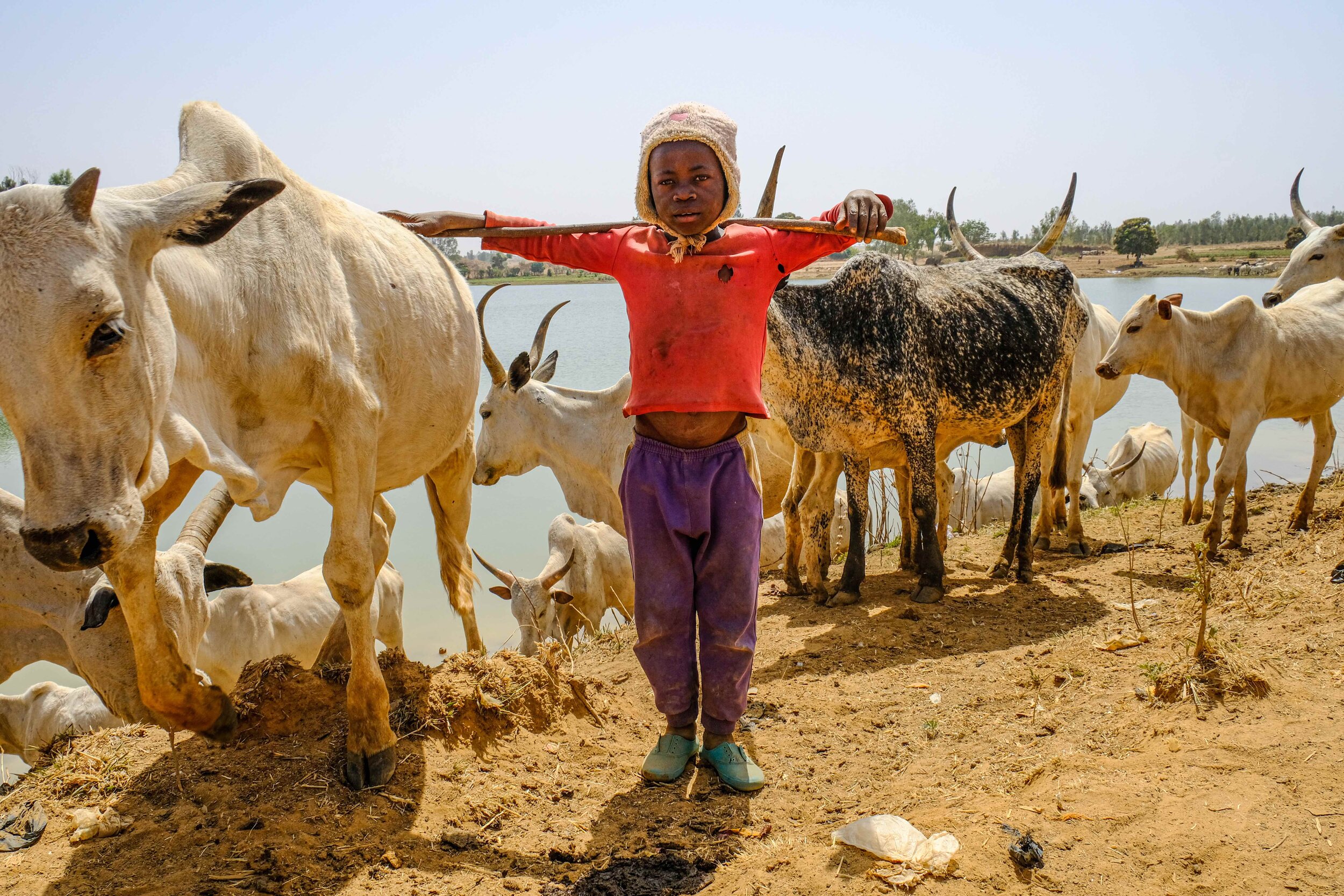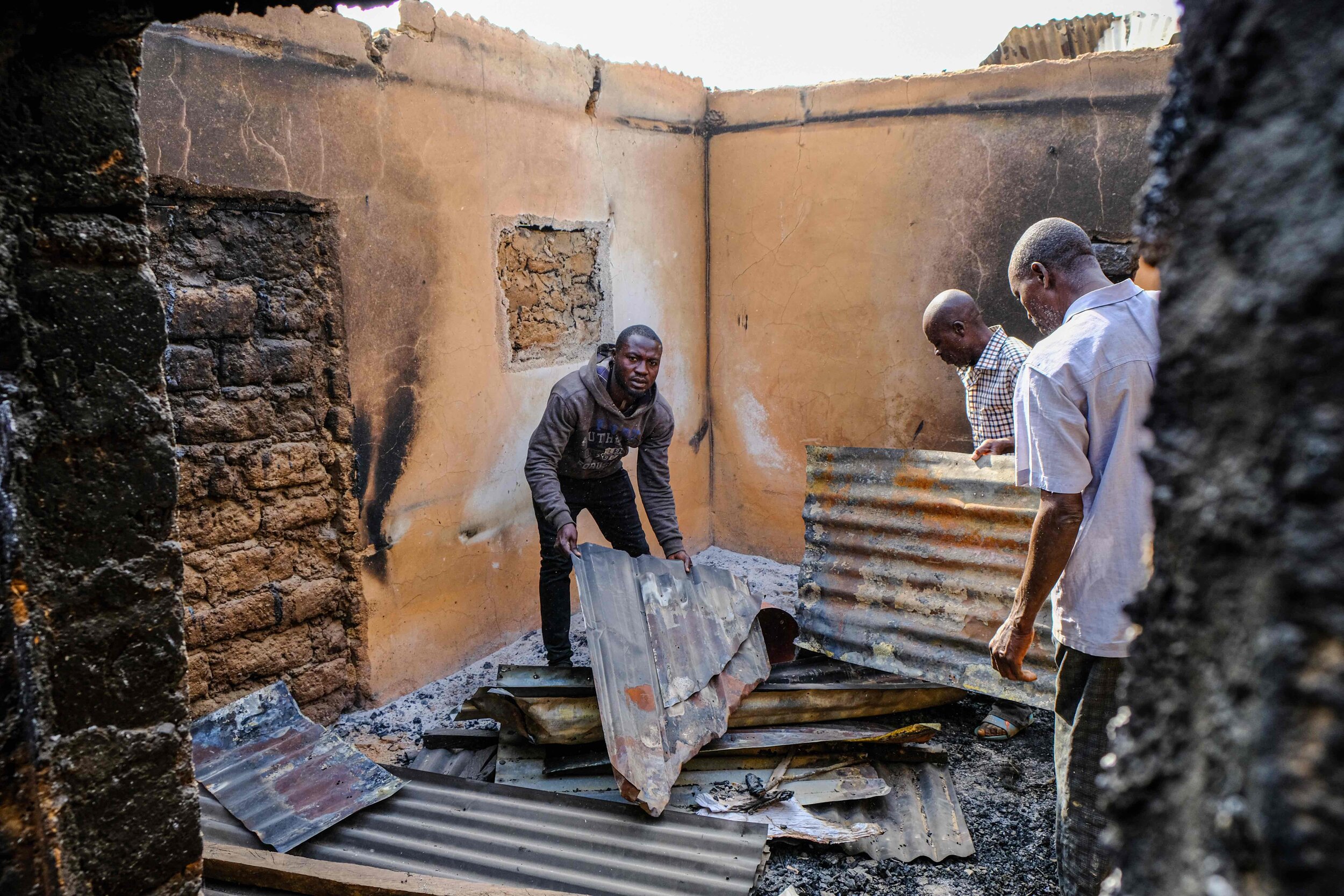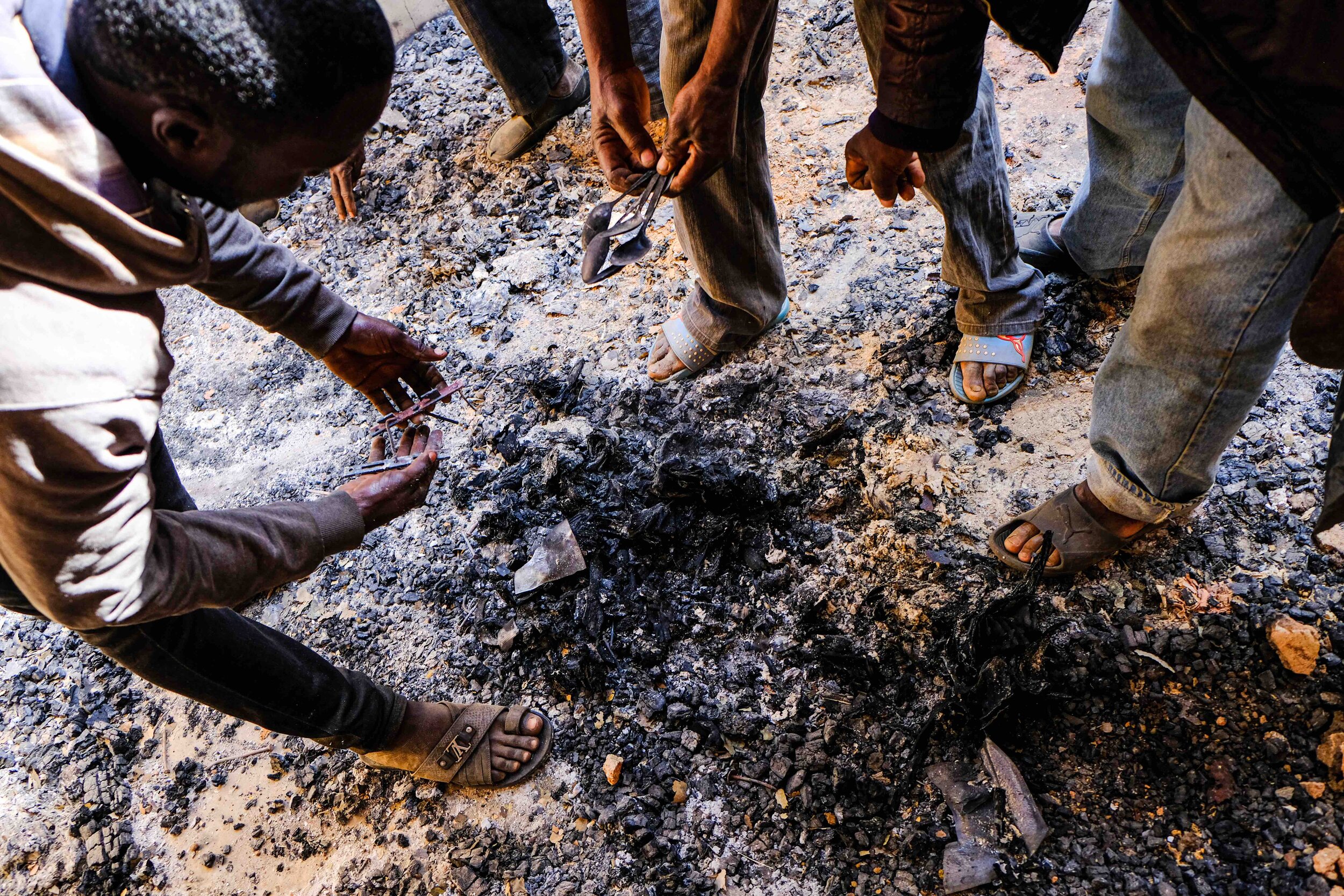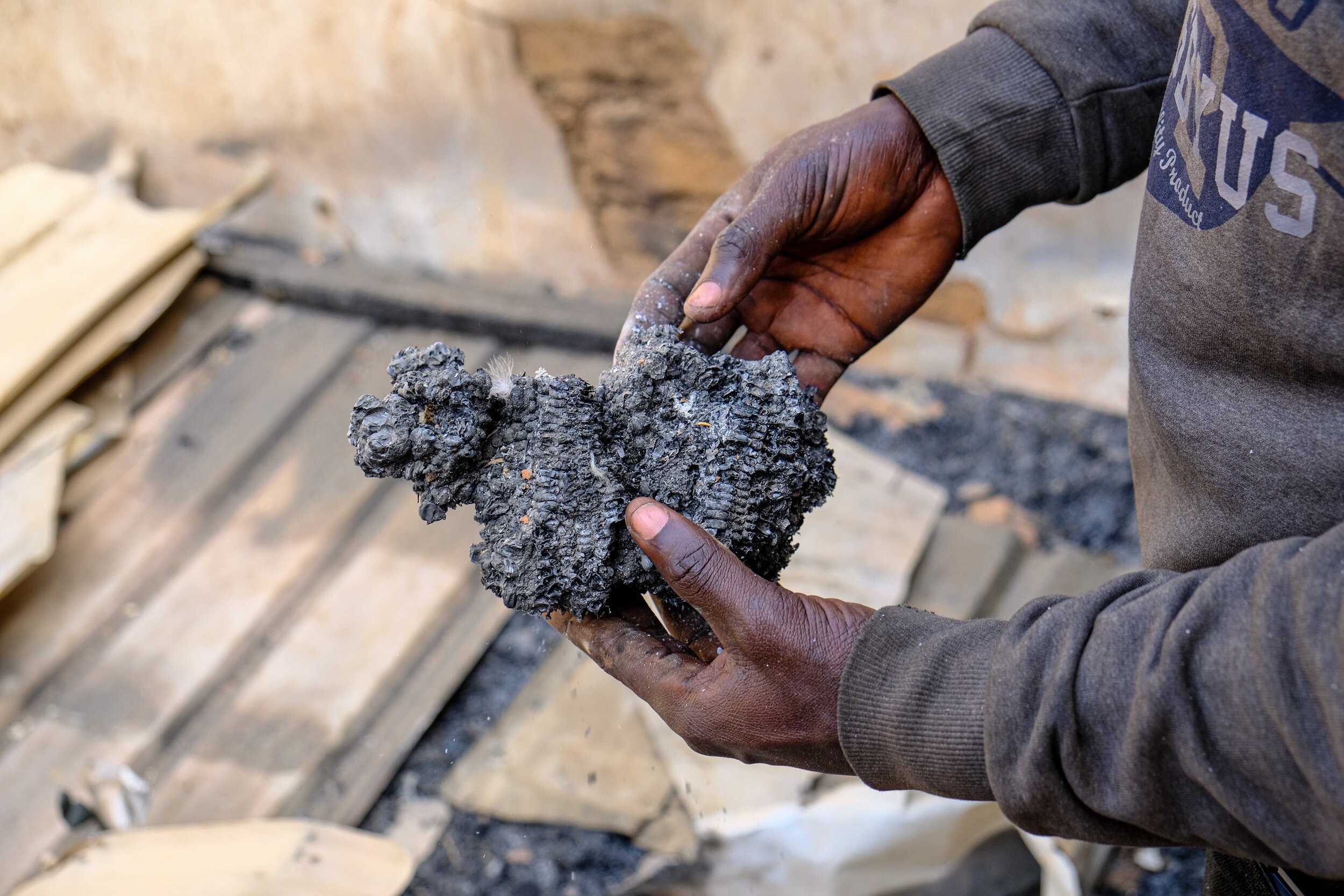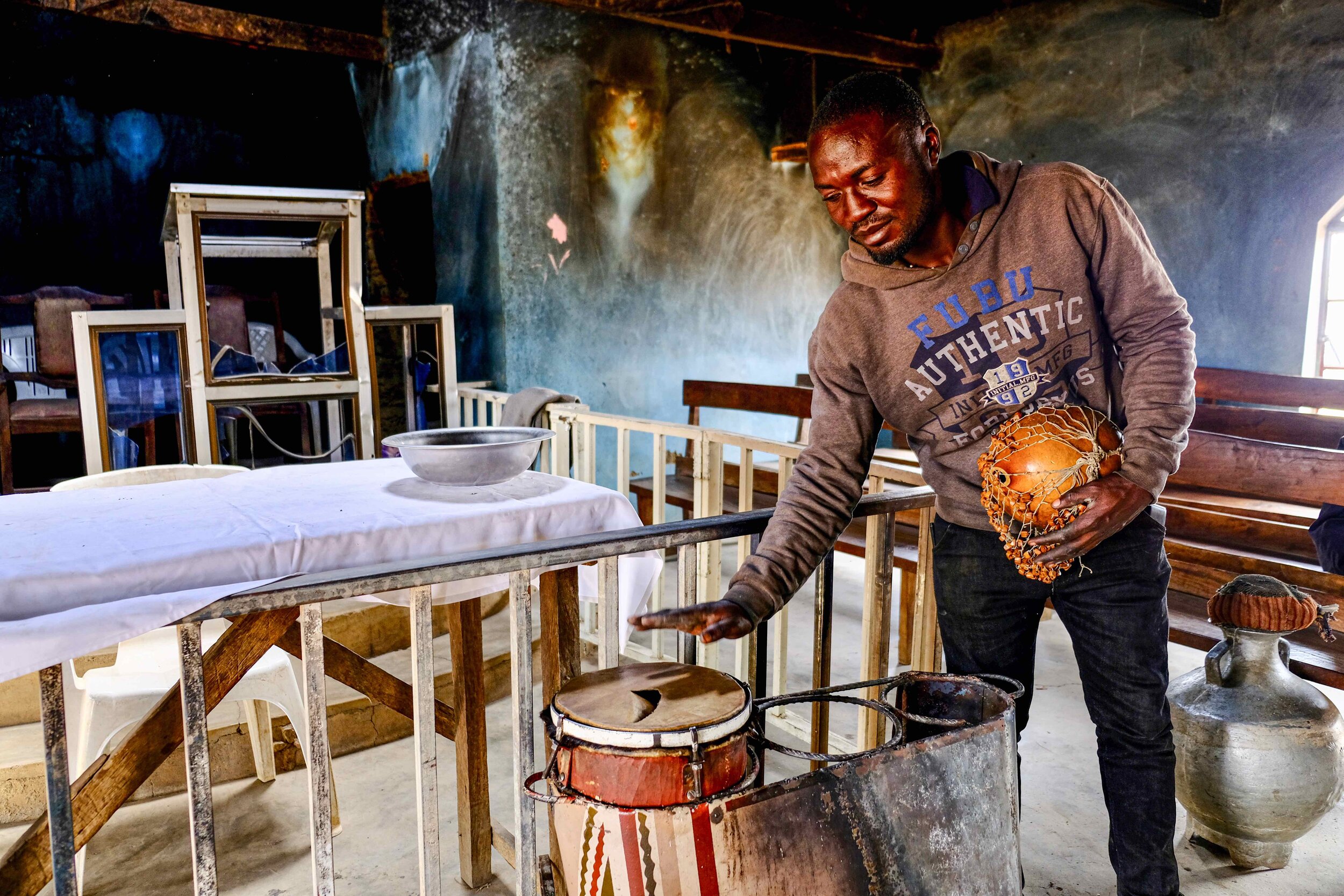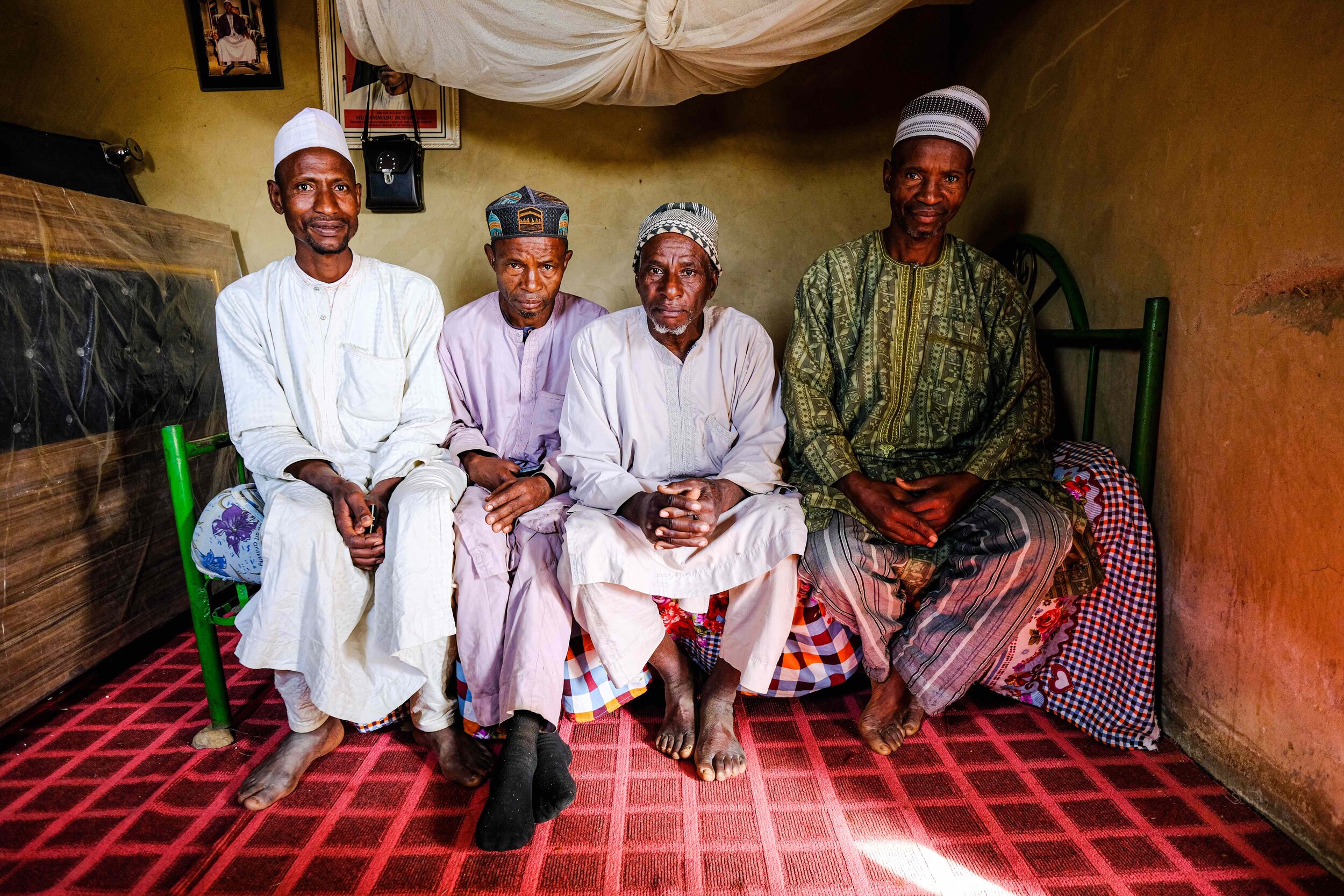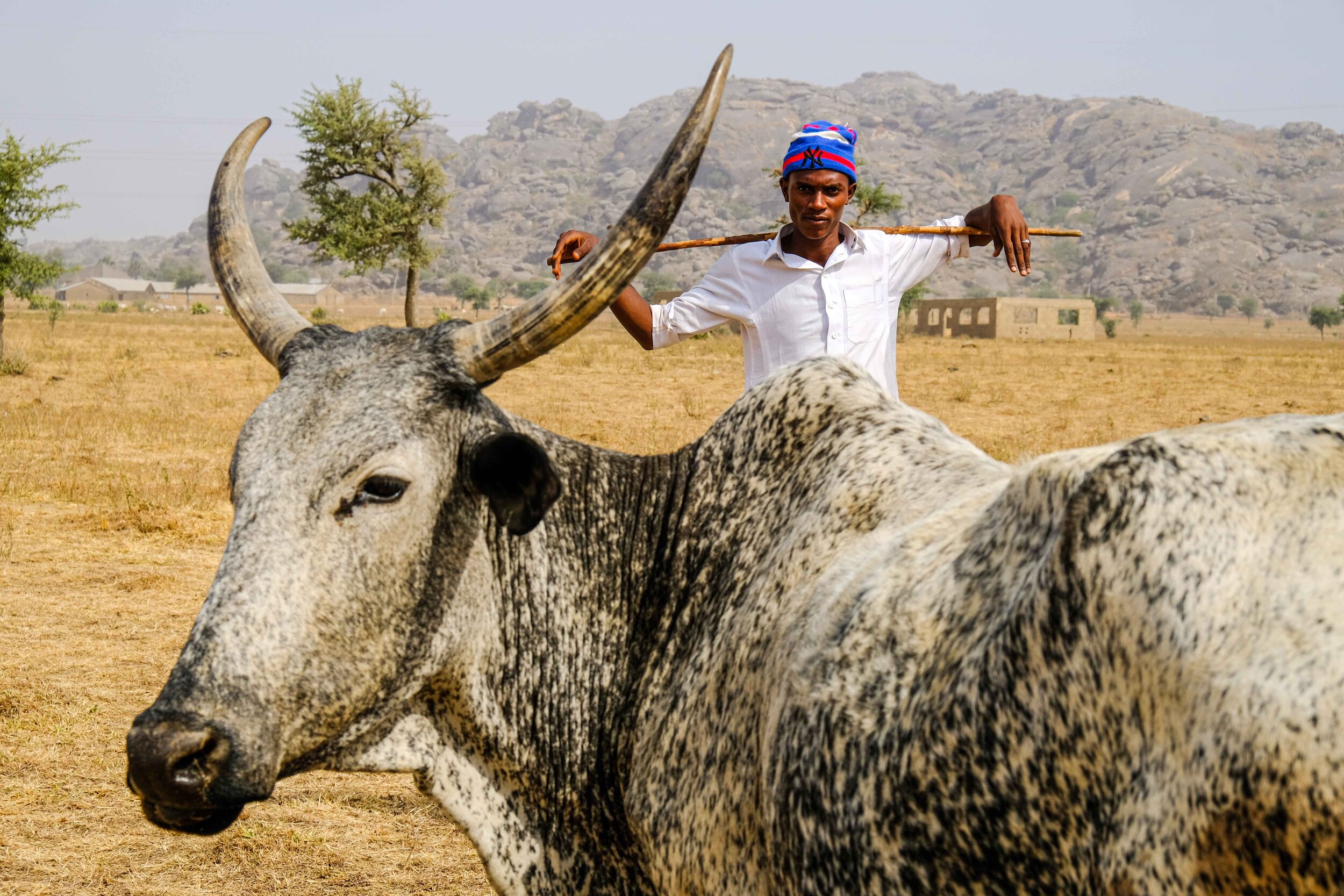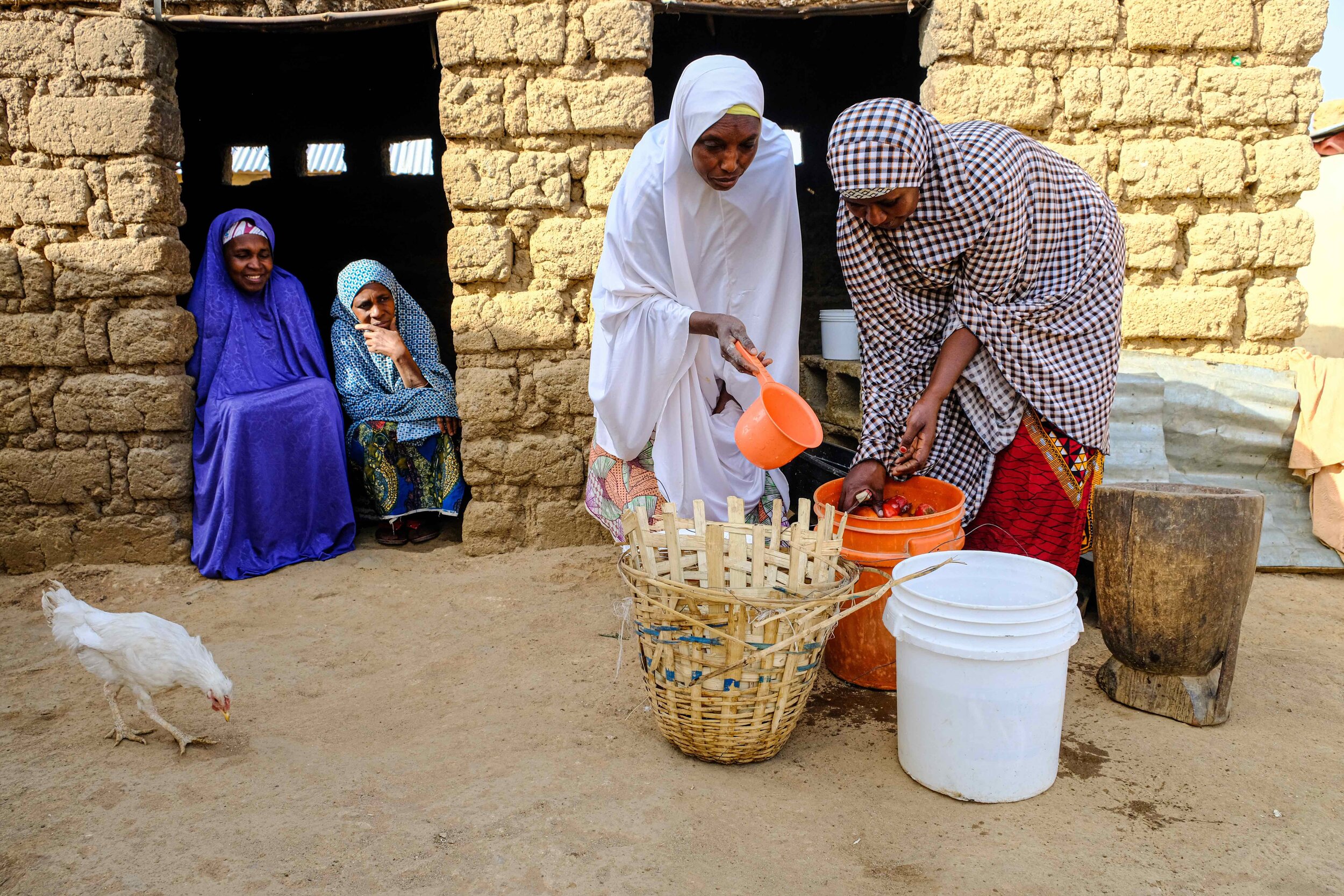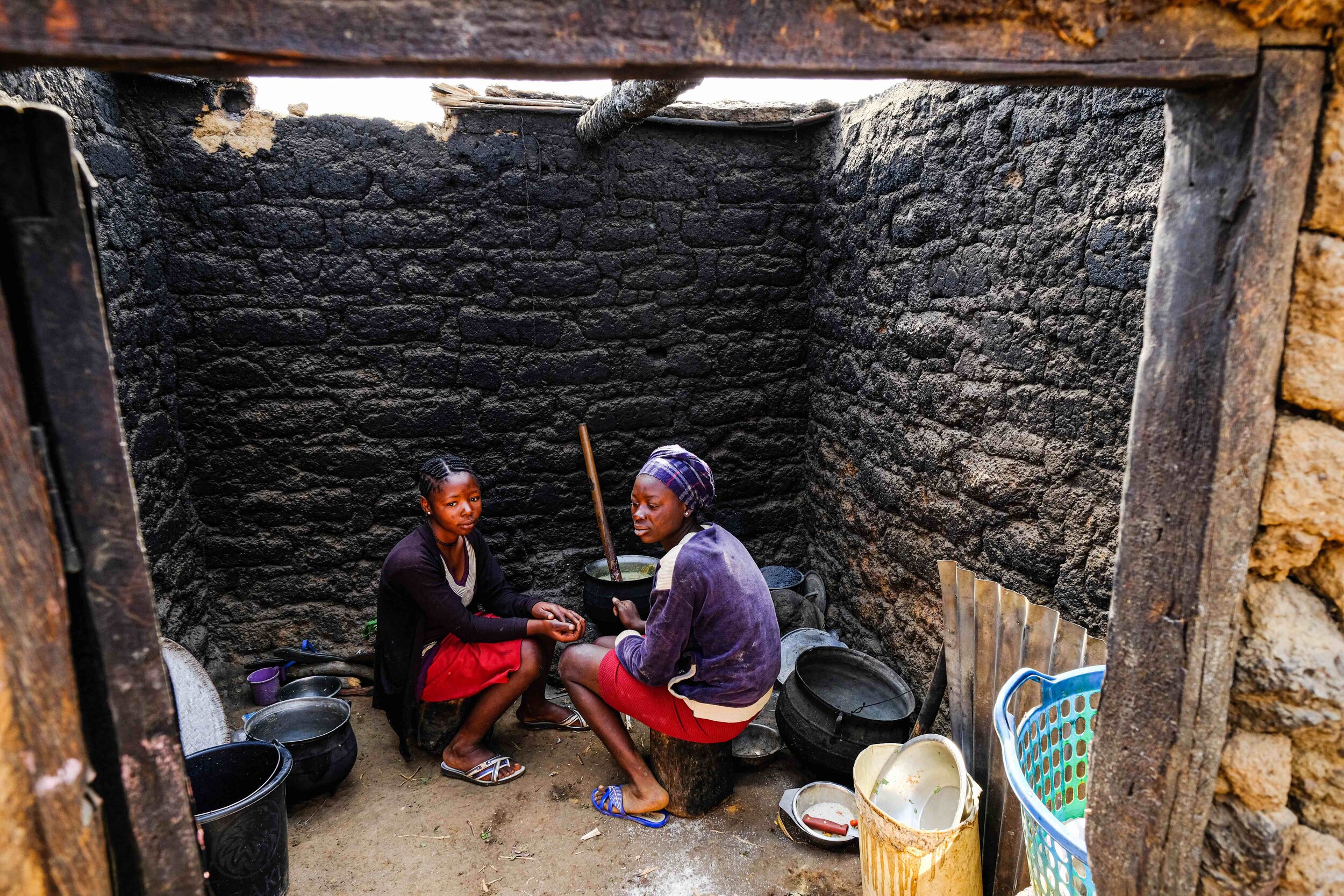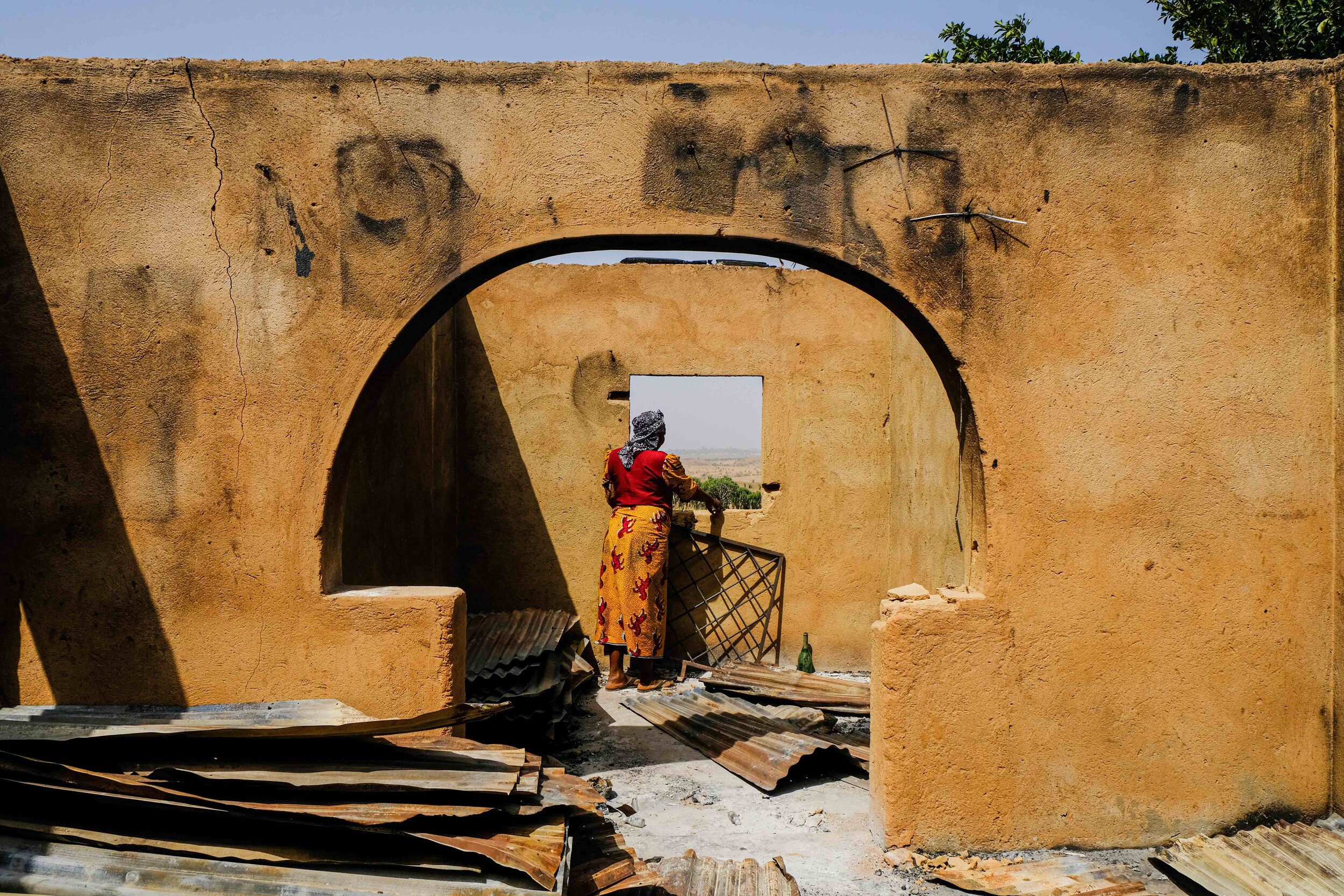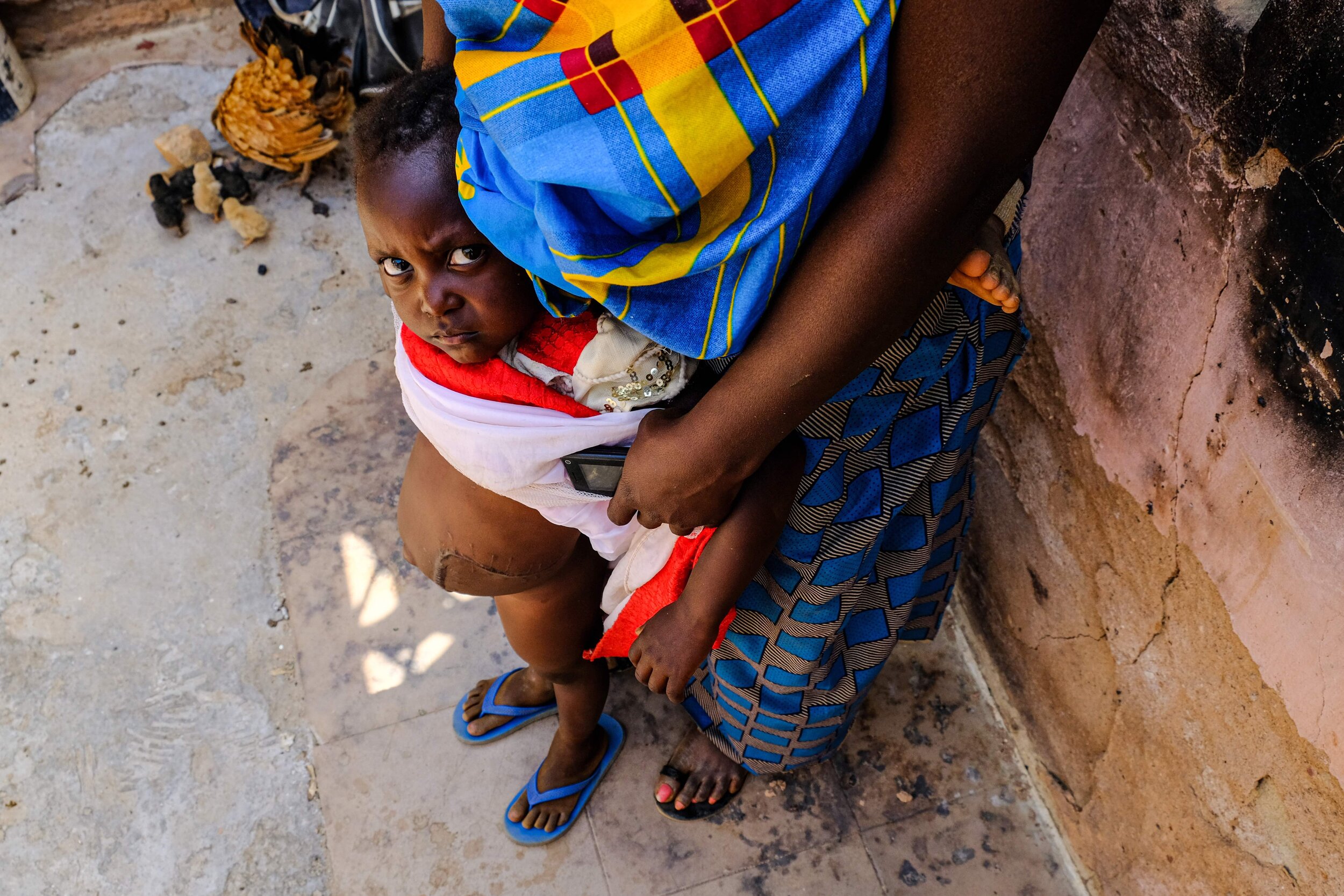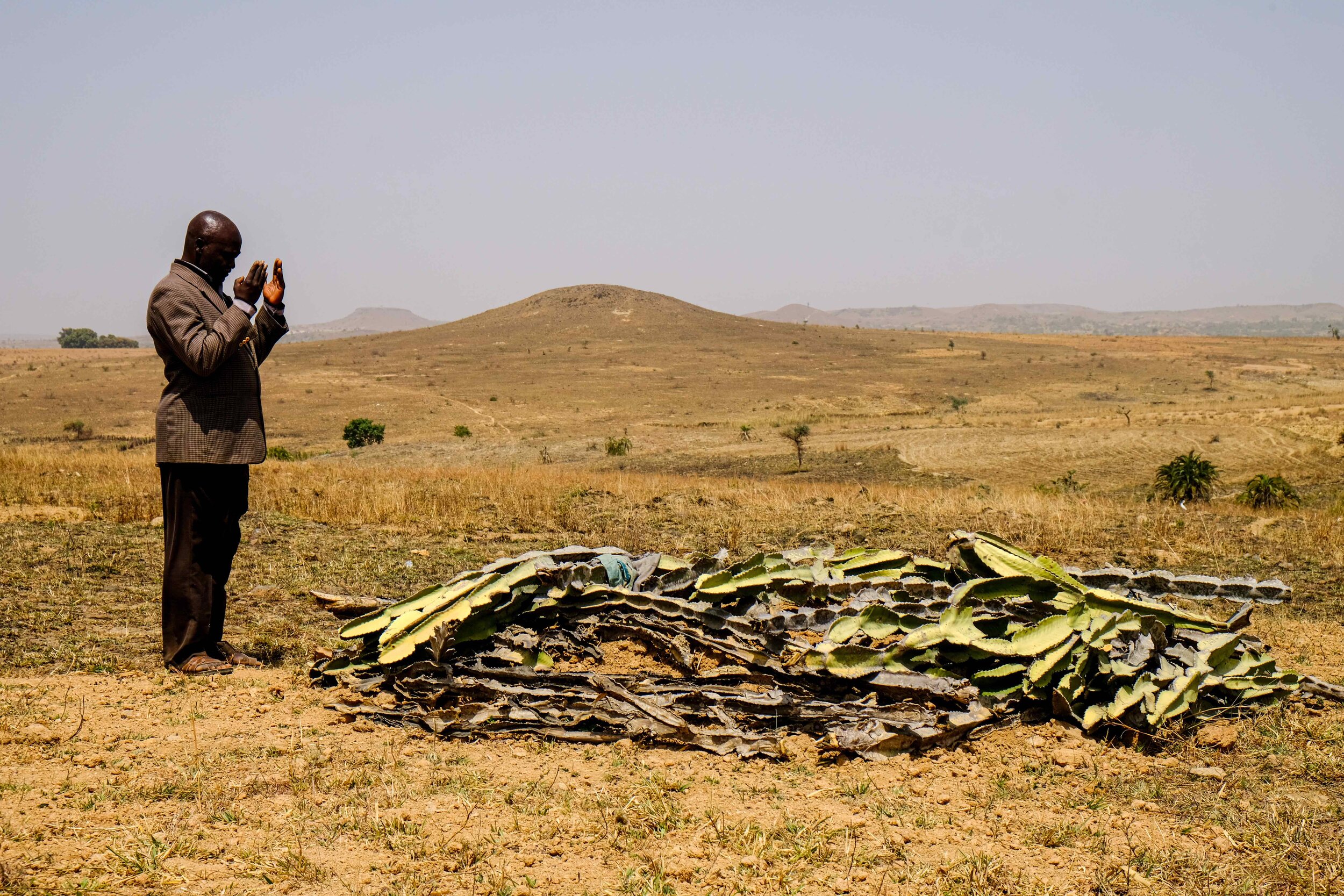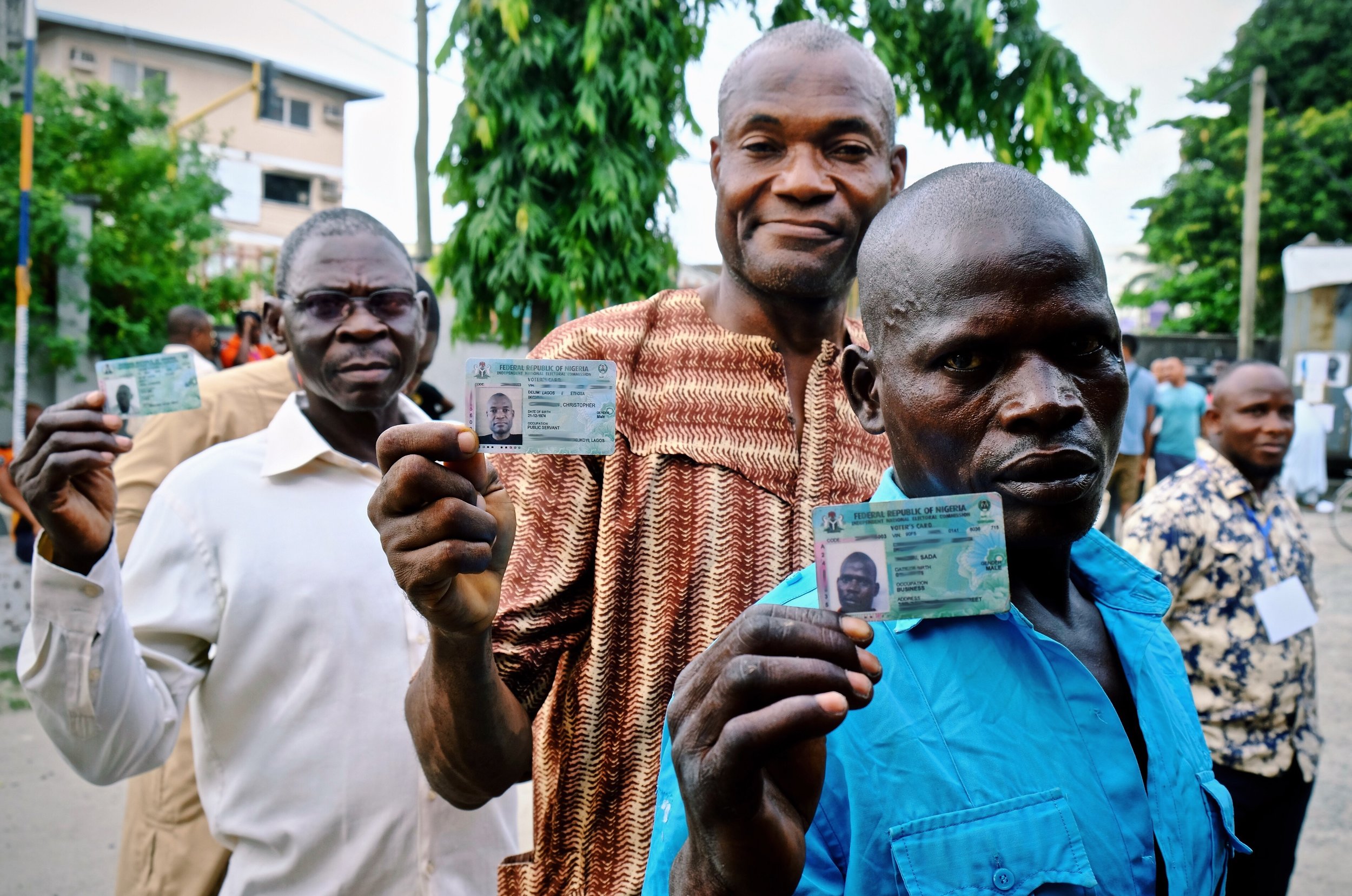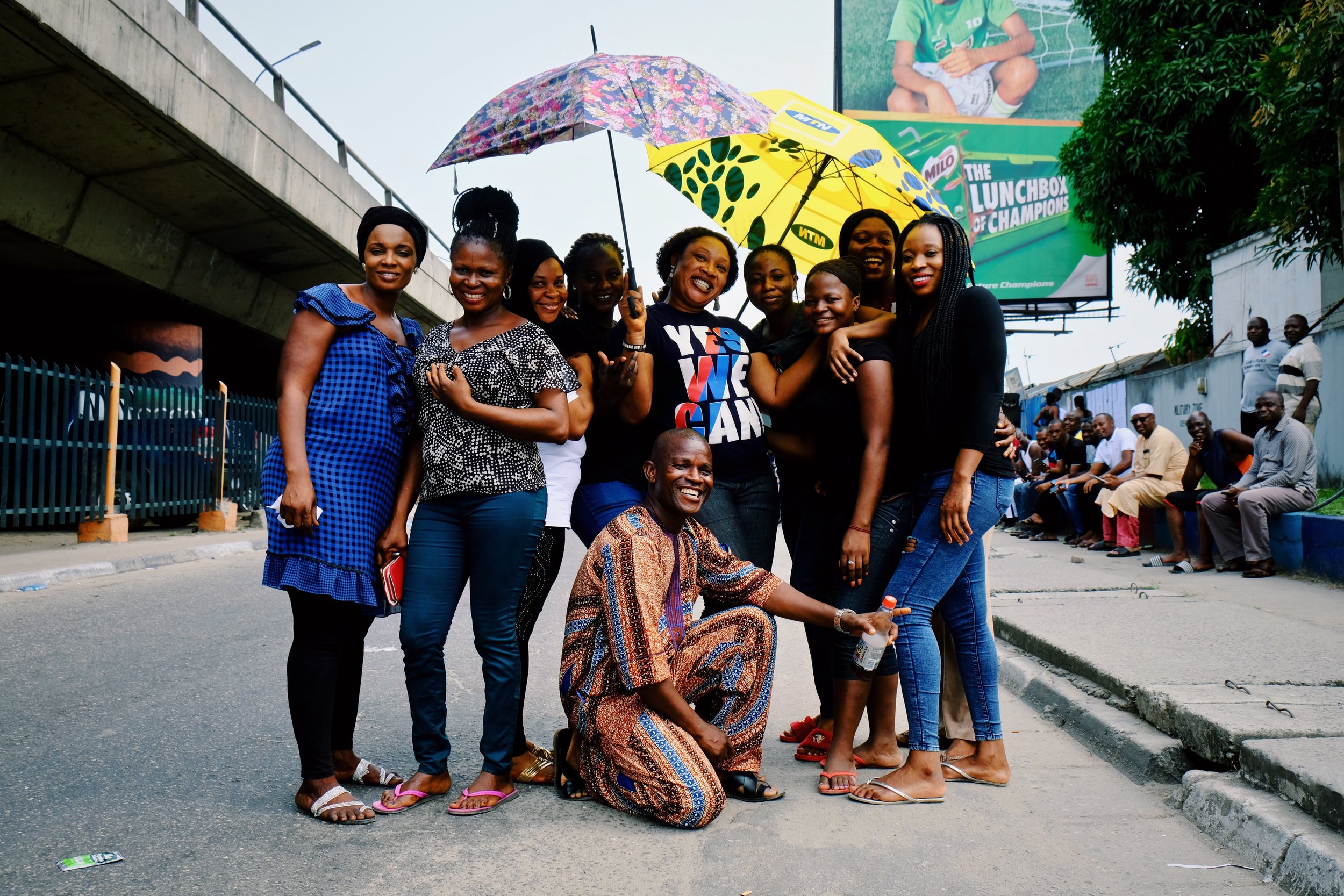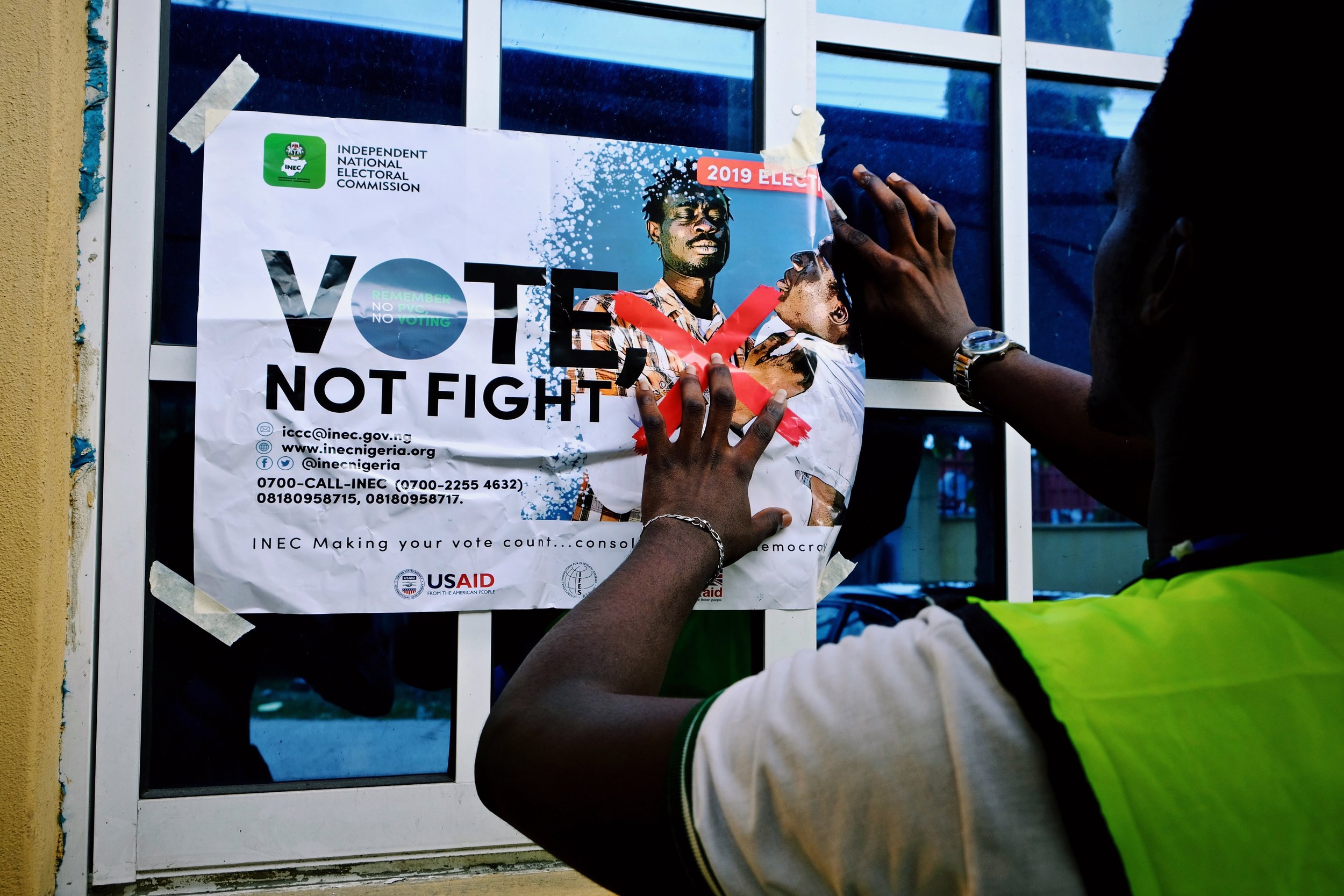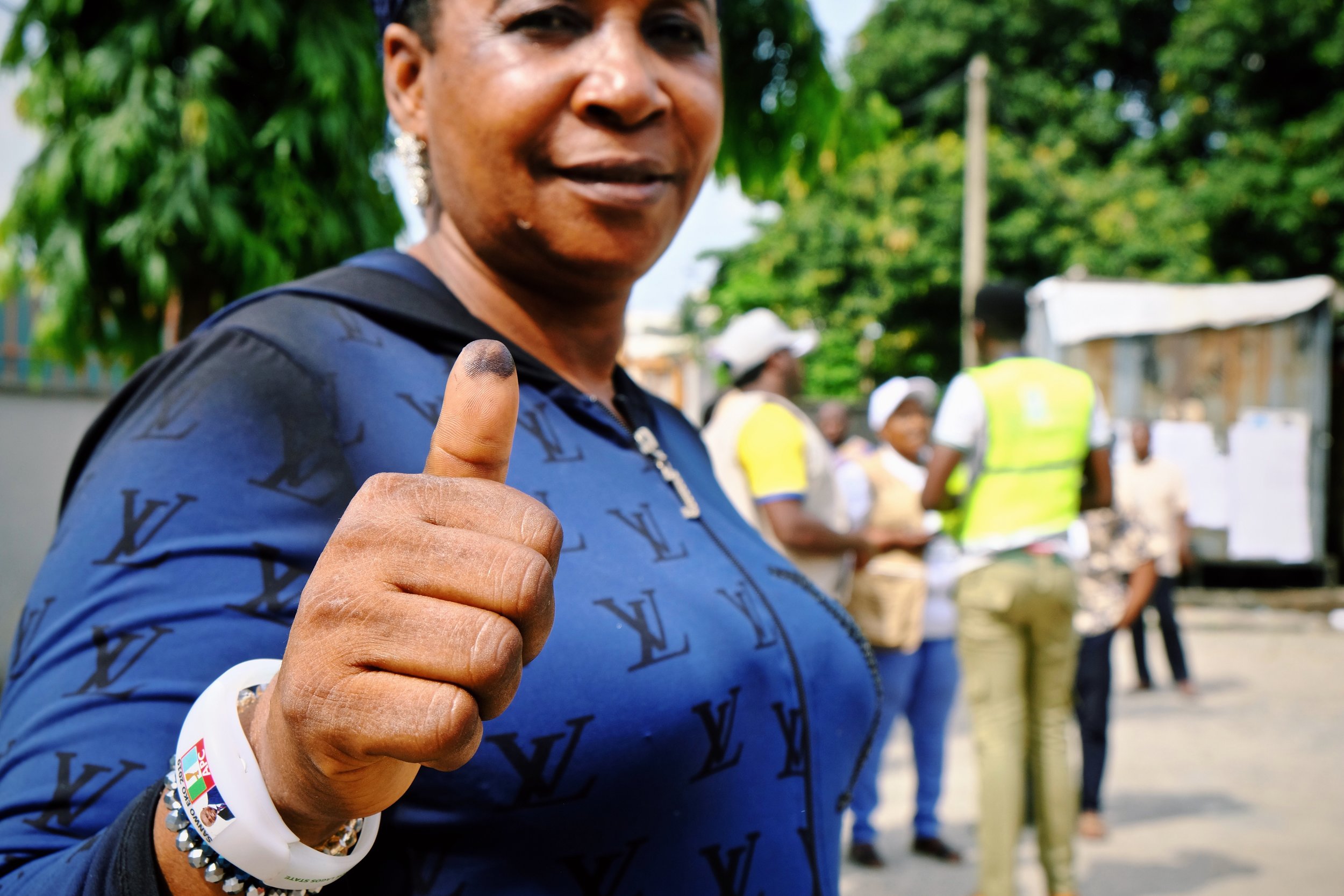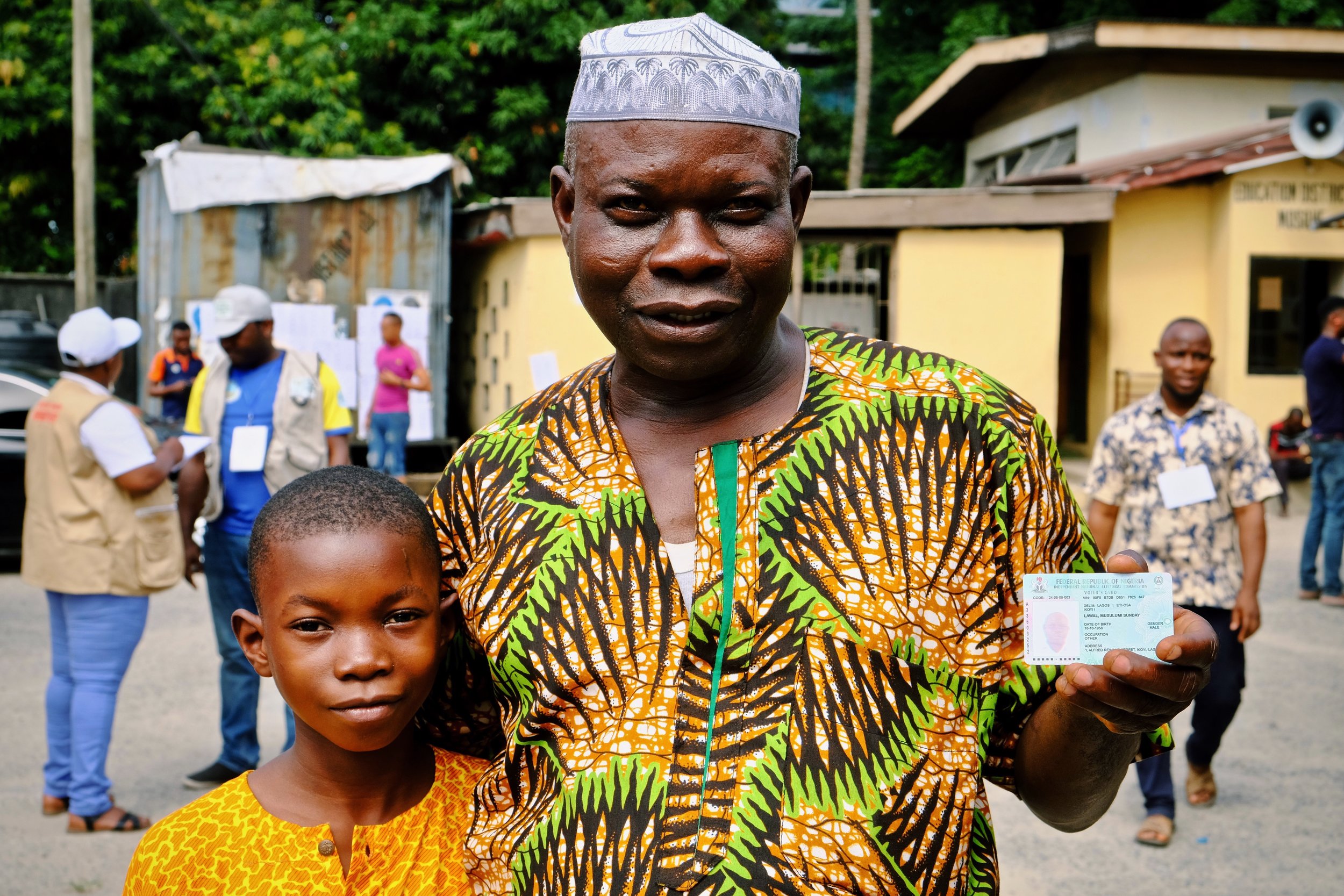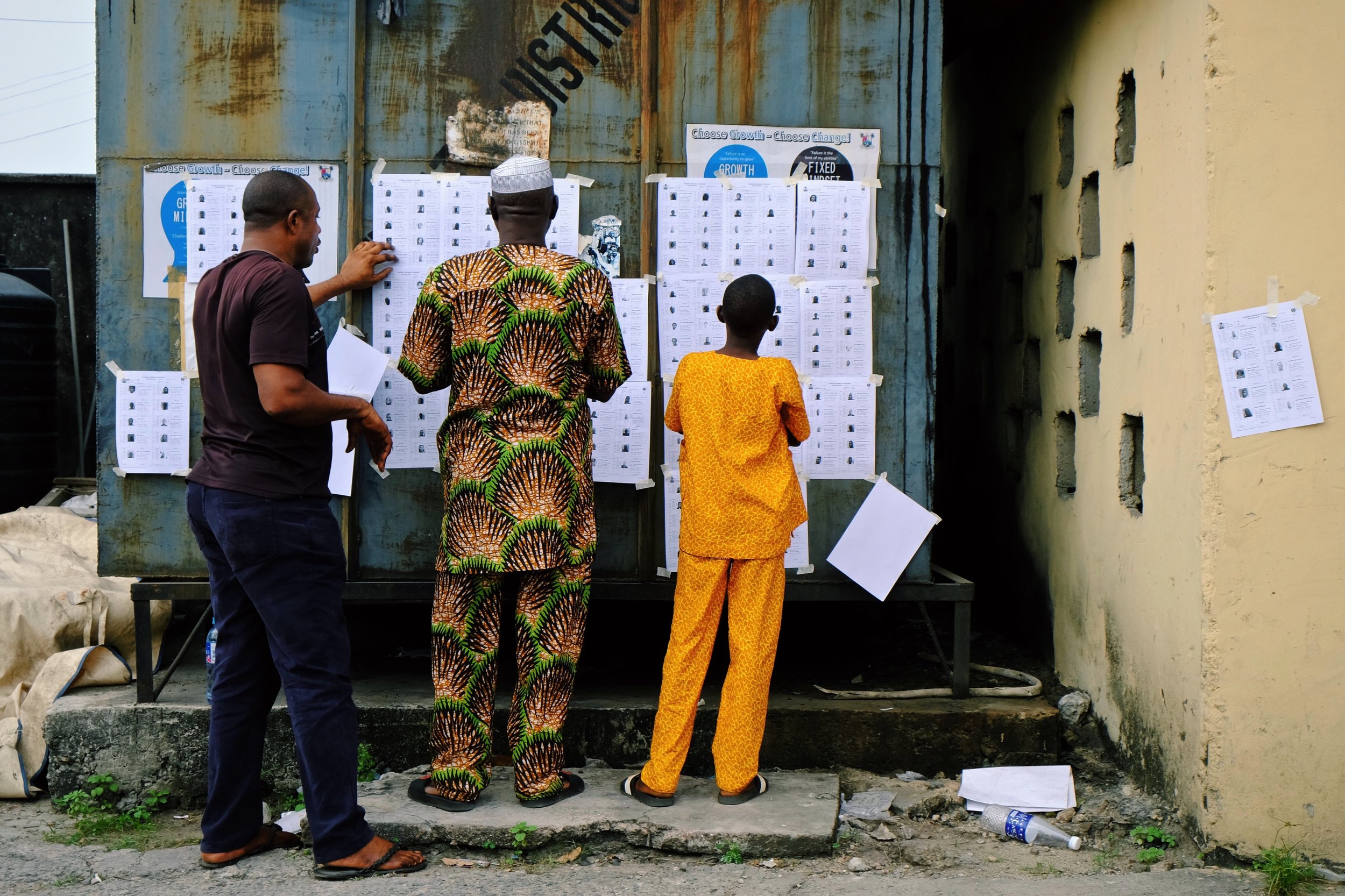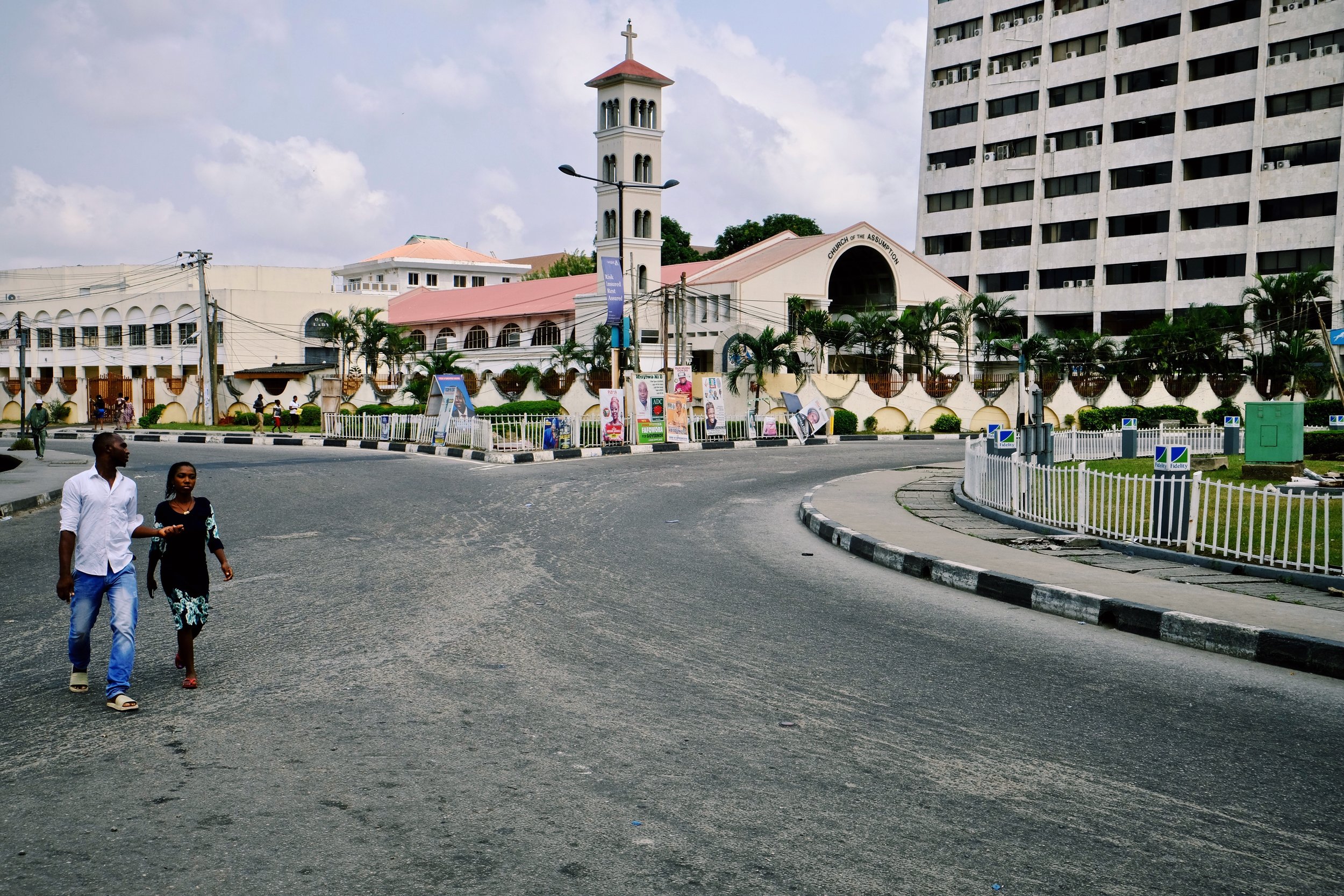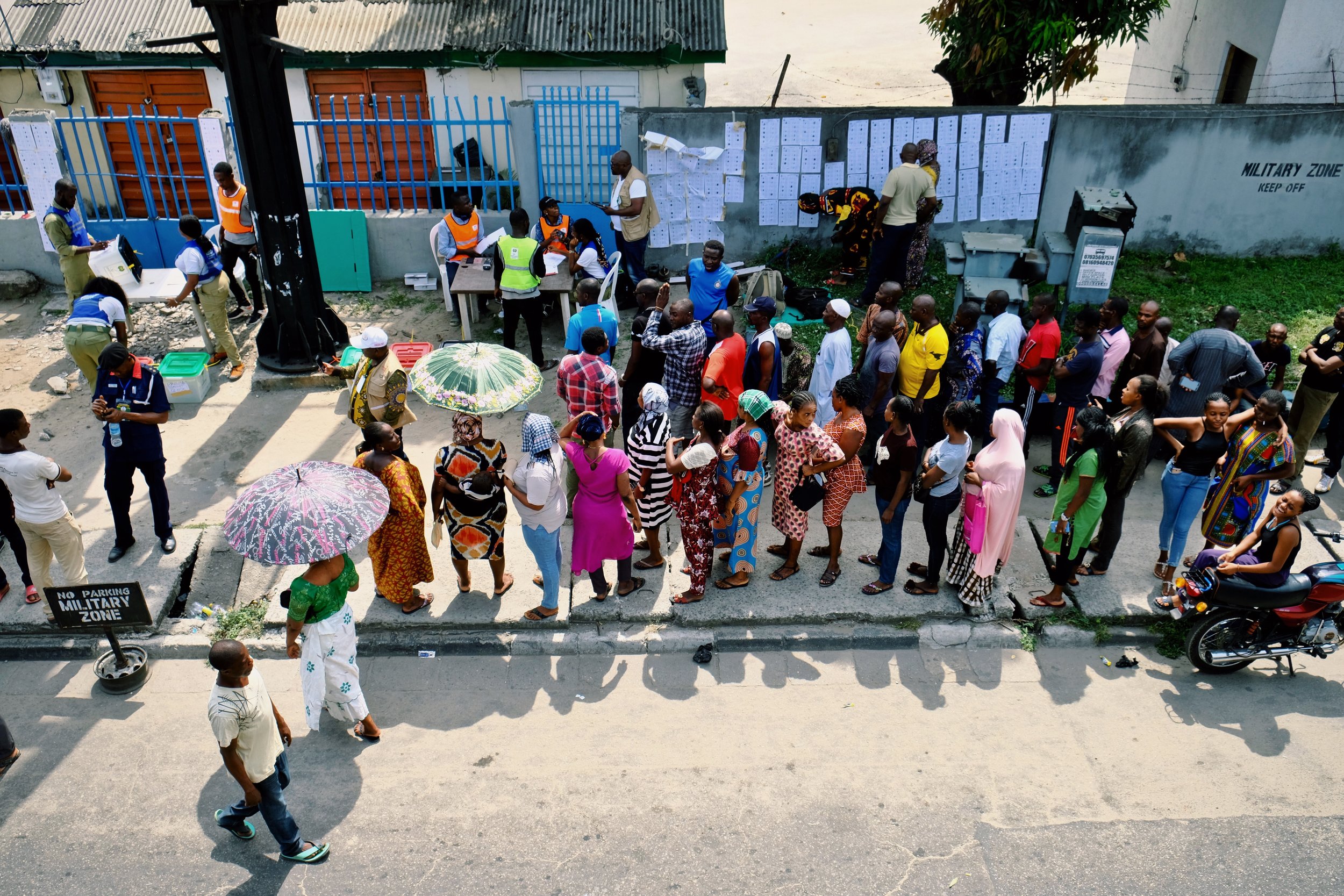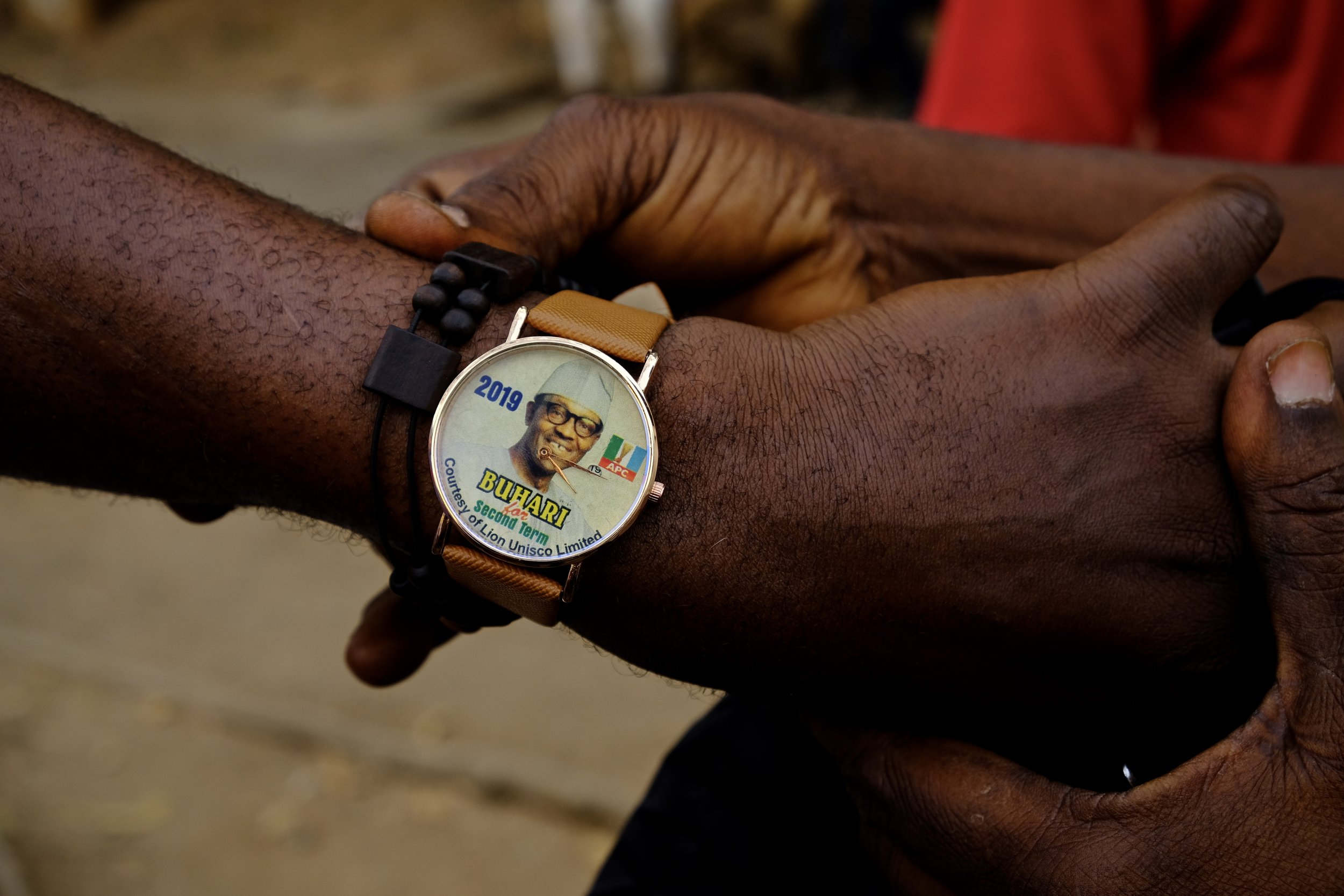When Covid-19 cases surged and the Kenyan government put hefty measures in place, hundreds of Samburu people got together for an event that only takes place once every fifteen years. In a lengthy ceremony, they circumcised their boys, turning them into ‘morans’. Now, six months later, these morans (meaning warriors) have been roaming around Samburu freely with their cattle. And many of them are not looking to return to school.
For VPRO’s Bureau Buitenland, NRC Handelsblad and The Guardian, I traveled to Samburu with Koert Lindijer and Saskia Houttuin. Together, we worked on a story about the impact of school closures in this northwestern region of Kenya. Government officials fear that a whole generation is lost.
“Nobody was prepared for what was going to happen,” says Jane Mutua, head of the Teachers Service Commission (TSC) in Samburu, which operates under the national government. “Everybody thought we were going to close for maybe a month or two. But now it’s already happening – education got out of their minds.”
Not only has the closure of schools meant that boys will not go back to school, also girls might not return. Nabulu, for instance, got pregnant after she had sex with her boyfriend. When her father learned of his daughter’s pregnancy, he wanted her to undergo FGM (female circumcision). “When I refused, he started beating me and my mum.” She now lives in the town of Wamba with her mother, in hiding from her father. Most pregnant girls will not return to school.
In the small town of Resim, the school expects that out of 110 pupils, 20 will drop out. After consulting elders and teachers, the Teachers Service Commission anticipates even higher rates throughout Samburu county: “If we can salvage three quarters of every class, I think we’ll have gone a long way,” says Jane Mutua, while recognizing that her estimate is optimistic. “I am hoping that I will be right. If we don’t land on the sun, we can land on the moon.”

